All Saints’ Day in France marks a school and work break halfway between Summer and Christmas. For the French Catholics, “la Toussaint” is a time to honour the dead—a time to visit cemeteries and put flowers on the graves. However, for others, the end of October is associated with Halloween. The French way bien sûr!
Watch a short video presentation of Toussaint in France:
The commemoration of All Saints’ Day in France
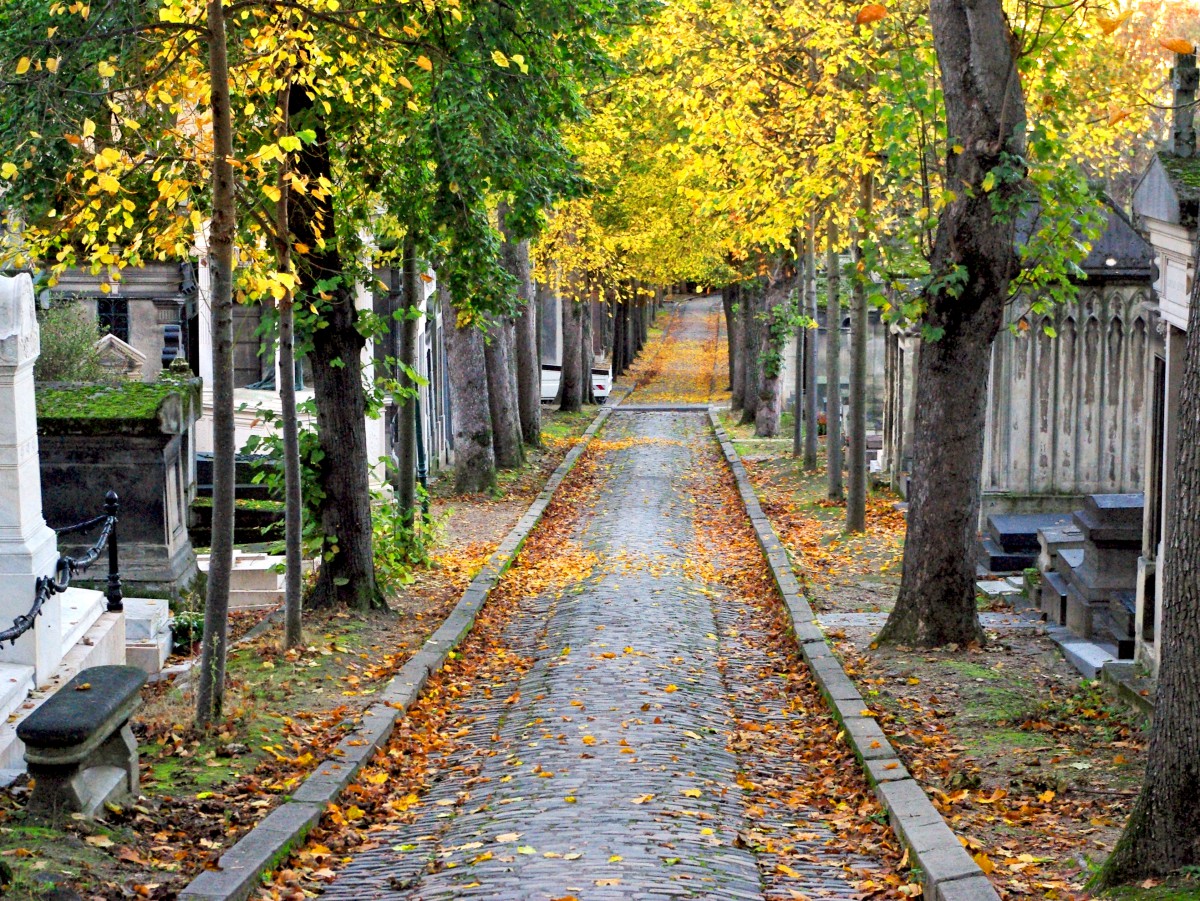
French people commemorate the dead in Autumn on the 1st of November. The date is a public holiday.
All Saints’ Day or All Souls’ Day?
In addition, the catholic tradition makes a distinction between:
- la Toussaint (All Saints’ Day, on the 1st of November) and
- la Commémoration des fidèles défunts (All Souls’ Day, on the 2nd of November).
Dead relatives are supposed to be commemorated on the 2nd of November. But since Toussaint is a public holiday, French people honour the dead on the 1st of November.
Members of a family usually gather to go to the cemetery together. Family members decorate the grave with potted:
- heather (bruyère),
- chrysanthemum (chrysanthèmes) and/or
- immortal wreaths (couronnes d’immortelles – everlasting flowers)
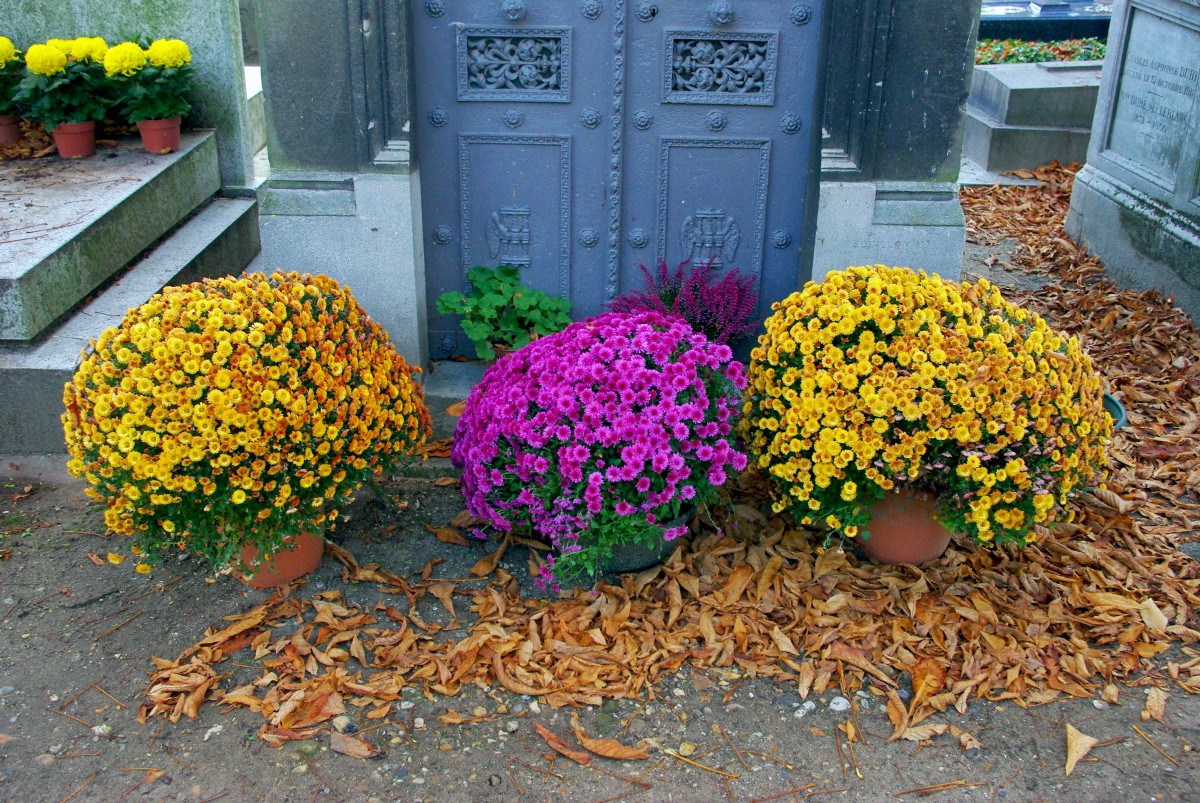
Sometimes, they light candles to symbolise happiness in the afterlife. They can also attend special church services: the All Saints Mass (Messe de la Toussaint).
The opportunity of a family reunion
Toussaint can be a significant moment for families. For instance, they can spend a day together in a respectful atmosphere. It is a time which generally excludes usual family fights… even though regrets and sorrow can be a source of tension.
To sum up, Toussaint is an opportunity to strengthen family links by spending a nice day together or expressing common grief.
The Origins of Toussaint in France
For a long time, Toussaint was celebrated after the Easter celebrations or after Pentecost.
From 610AD, Pope Boniface IV made the 13th of May a day consecrated to the memory of the Christian martyrs.
The 1st of November was Samhain (later known as the “Celtic New Year”). The pagan day started a week of festivities in honour of the beginning of the year and the dark season.
Pope Gregory III may well be at the origin of the first Toussaint celebration falling on the 1st of November. However, Pope Gregory IV ordered in 835 that all Christians celebrate Toussaint on the 1st of November. In France, Carolingian Emperor Louis the Pious relayed Gregory IV’s decision.
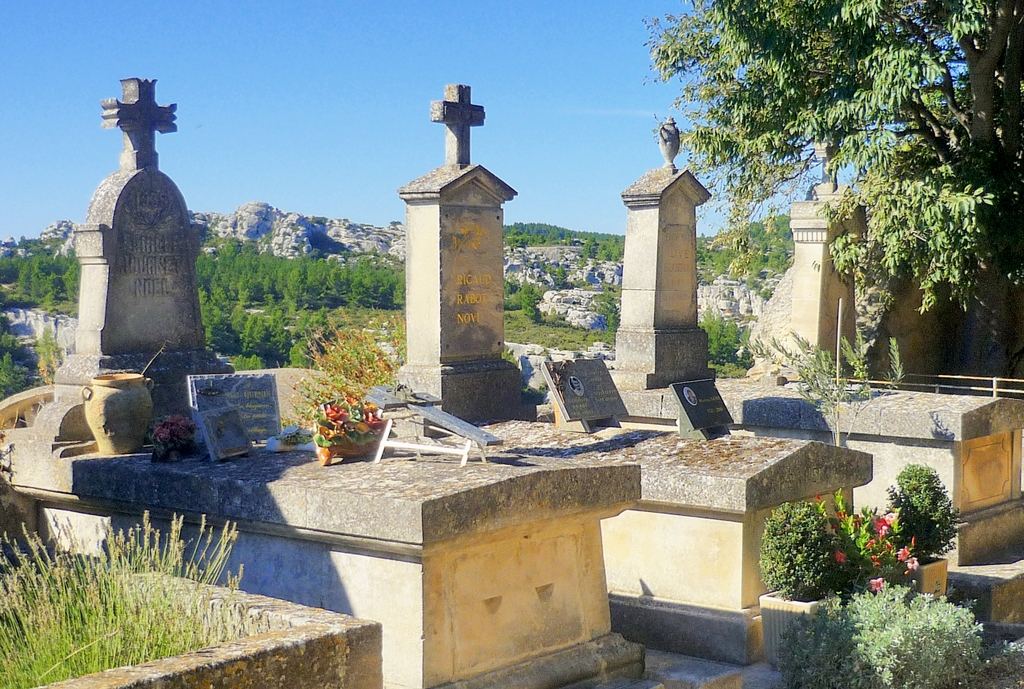
All Saints Day and potato harvest!
The Toussaint period used to be the same as the potato harvest time. All the family was working in the fields. This implied that the children were massively missing classes.
Consequently, “potato holidays” were organised. They lasted two weeks, usually between the 22nd of October and the 3rd of November. They later became the Toussaint holidays. A school break that is still enjoyed by French pupils today!
What about Halloween in France?
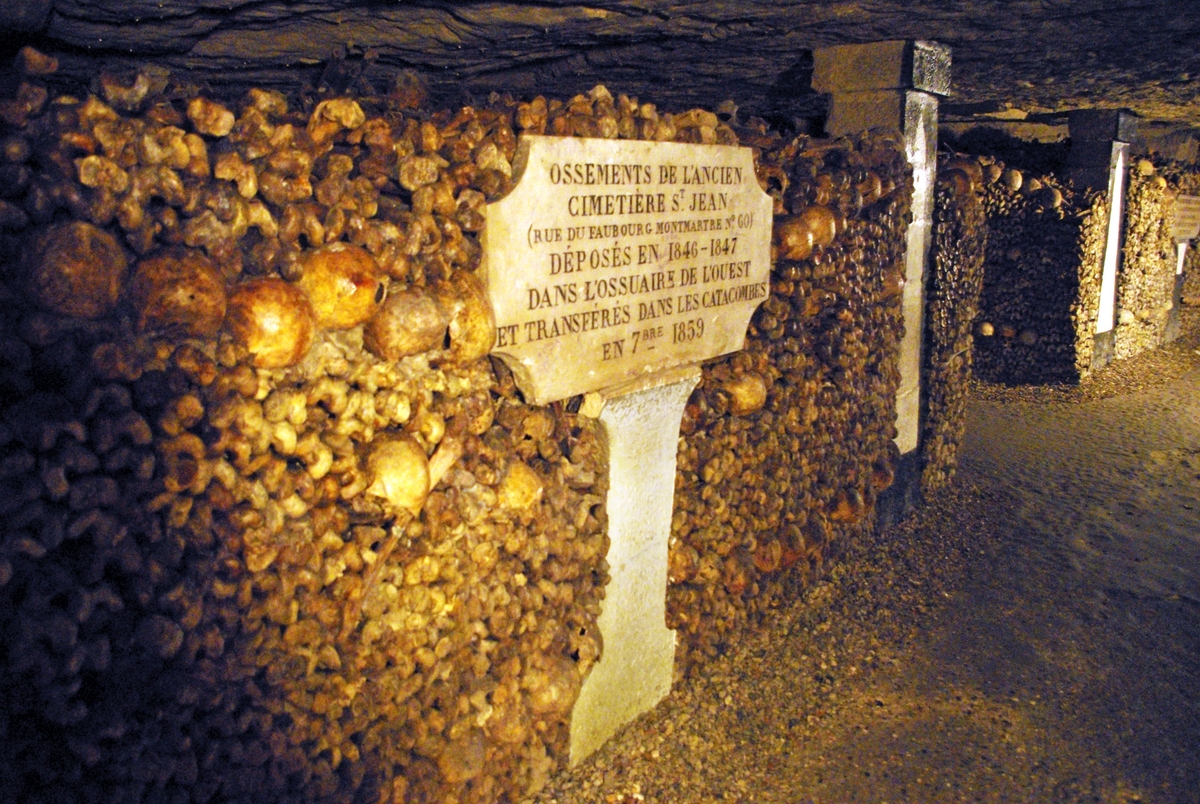
Halloween night occurs between the 31st of October and Toussaint’s day.
Halloween is the contraction of “All Hallows Eve”. However, the customs originate from Samhain.
The pagan religious festival originates from Ireland. It refers to the legend of Jack O’Lantern, a greedy drunkard who cheated the Devil twice. After his death, his soul could not enter Heaven or Hell. He convinced the Devil to give him an ember, which he put in a hollowed-out turnip. It provided light for himself in his eternal wandering.
Halloween in America
Following the Irish potato famine in 1846/1848, Halloween immigrated to the United States along with the Irish people.
At the end of the 19th century, Americans began celebrating Halloween with costumes and decorations, including skeletons, ghosts and witches.
In the 1930s, the trick-or-treat custom appeared. Disguised children knocked at the neighbours’ doors asking for candies.
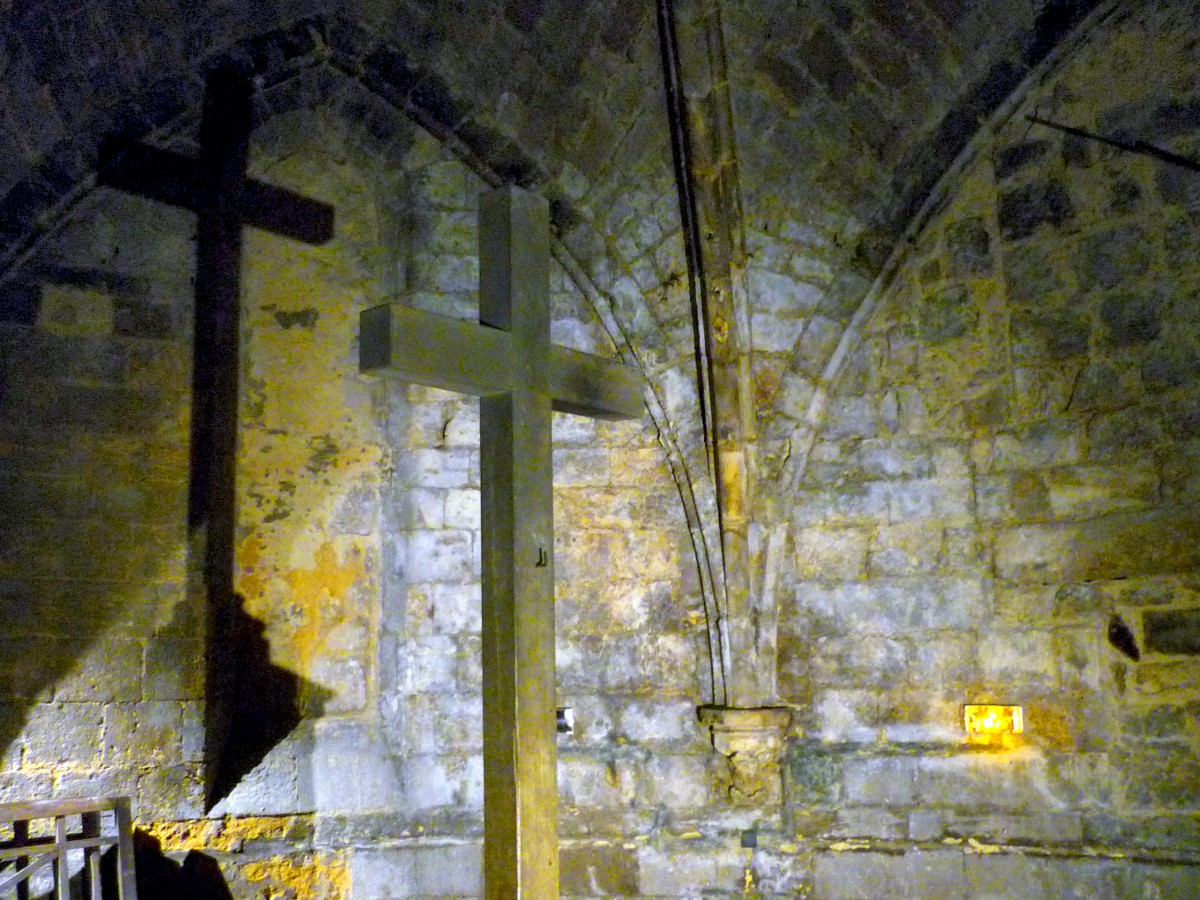
Is Halloween celebrated in France today?
In France, Halloween spread very slowly until the 1990s. That decade saw a growing interest in celebrating Halloween. There are many reasons to explain this, such as:
- The famous “Olaween” advertising campaign of the telephone company Orange,
- A few specific events in Disneyland Paris,
- Other commercial initiatives made the American celebration famous in France.
Therefore, Halloween was rejected by those who called it a folkloric marketing operation.
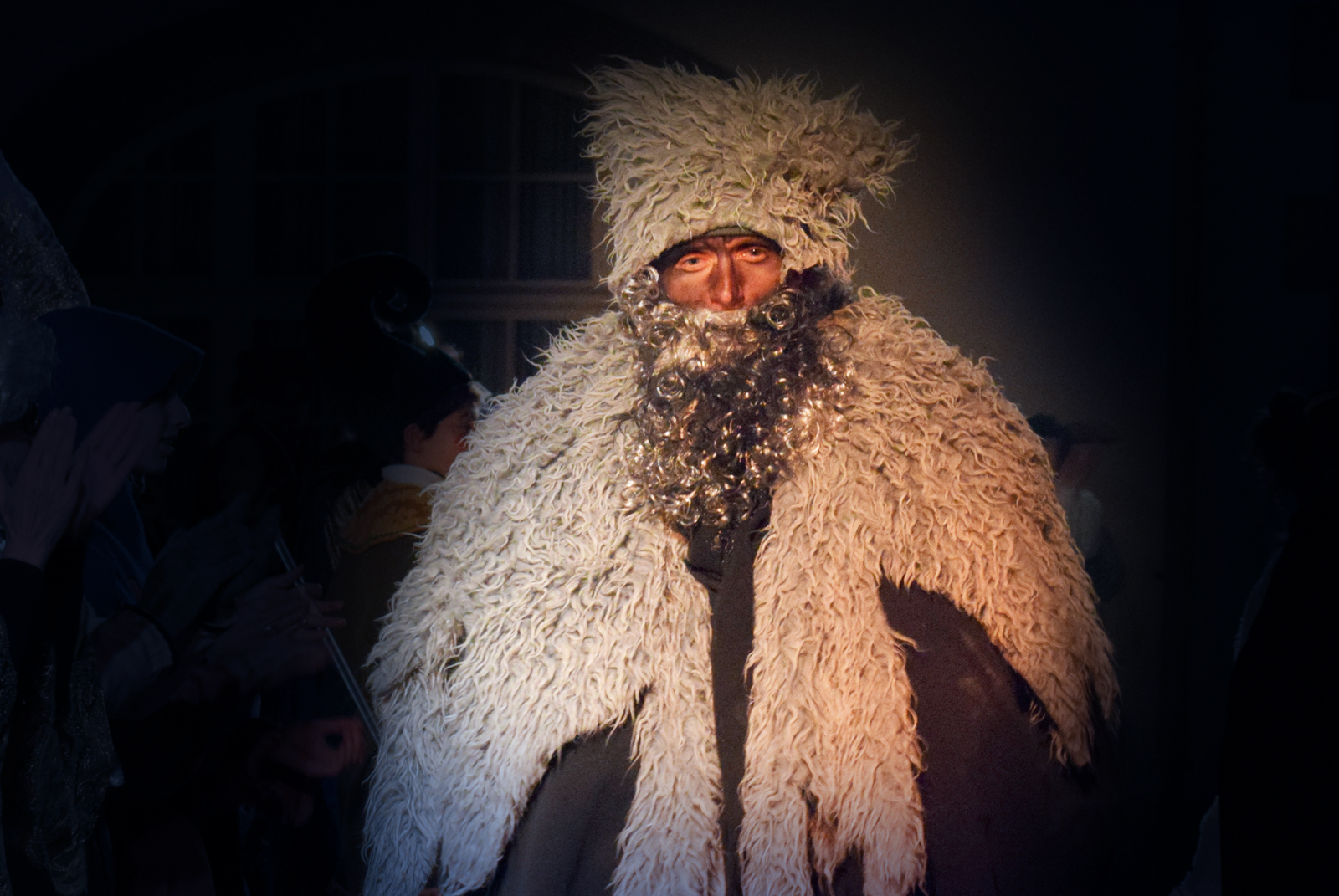
French-style Halloween: a trashy and gruesome celebration?
In France, Halloween presents a trashy and bloody dimension that differs from the original American version. The celebration is particularly animated by an atmosphere of fear and provocation. In other words, French Halloween uses hideousness, gruesomeness, and witchcraft.
Therefore, the youth adopted it rapidly for its taste in paranormal and witchcraft, role-plays, and “Gothic” fashion. Some people see it as a macabre version of the carnival!
Unsurprisingly, several French religious leaders opposed this new version of Halloween. Above all, they despised it for encouraging a culture of death. The religious authorities question the normalisation of the occult world on children… at a time when the focus should be on Toussaint!
The reaction of Paris’ diocese was an interesting one. For instance, the religious authorities organised a rival event – a play on words: “Holy Wins”.
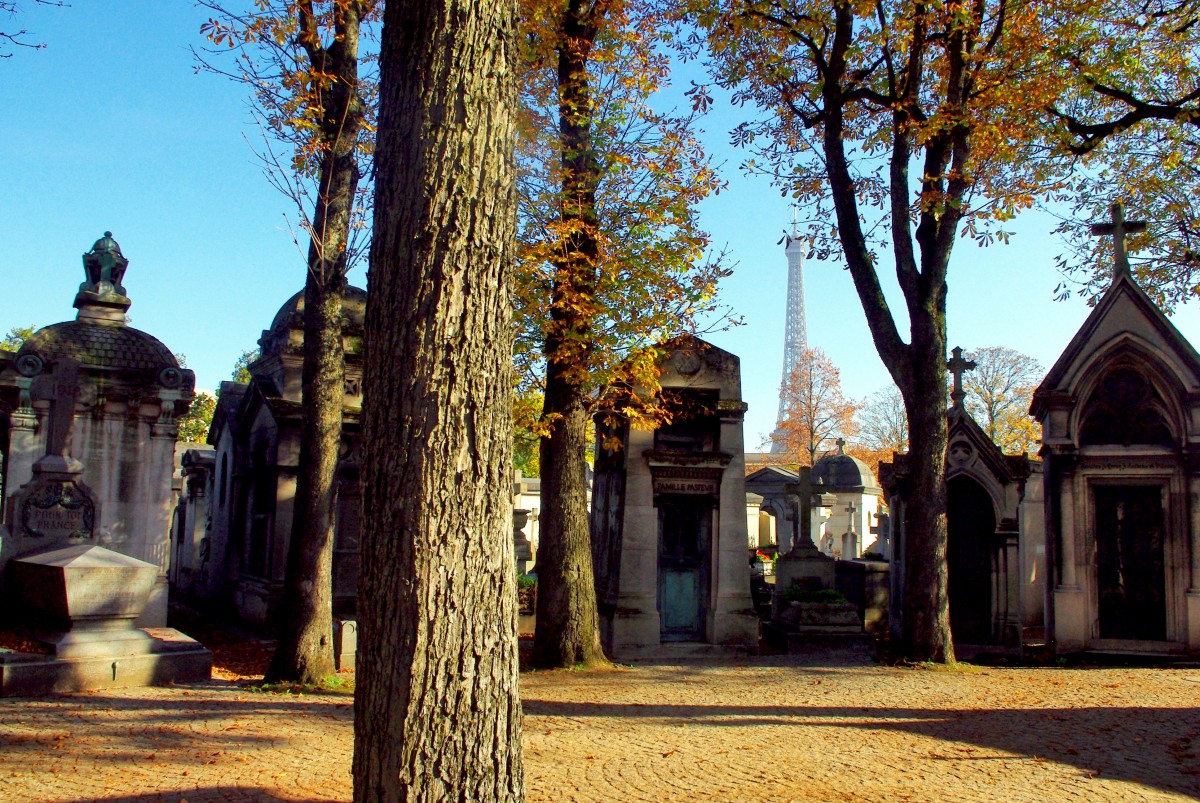
Des bonbons ou des farces?
Nevertheless, around 2000, costumes and decorations filled the shops: ghosts, skeletons, witches, Frankenstein monsters, vampires or mummies…
Candy sales increased by 30%.
Children dressed in gory Halloween costumes put into action a French adaptation of the American trick or treat: “des bonbons ou des farces” (candies or pranks).
The less cooperating neighbours might end up with their garden and house decorated with toilet tissue or eggs.
Digging and carving pumpkins to make lanterns were also family activities that children enjoyed a lot.
But from 2008, the French’s interest in Halloween seems to be stalling. The celebration still exists, but it has become more discreet. Eventually, Halloween sales (decorations, costumes, candies) never outdid Toussaint flower sales.
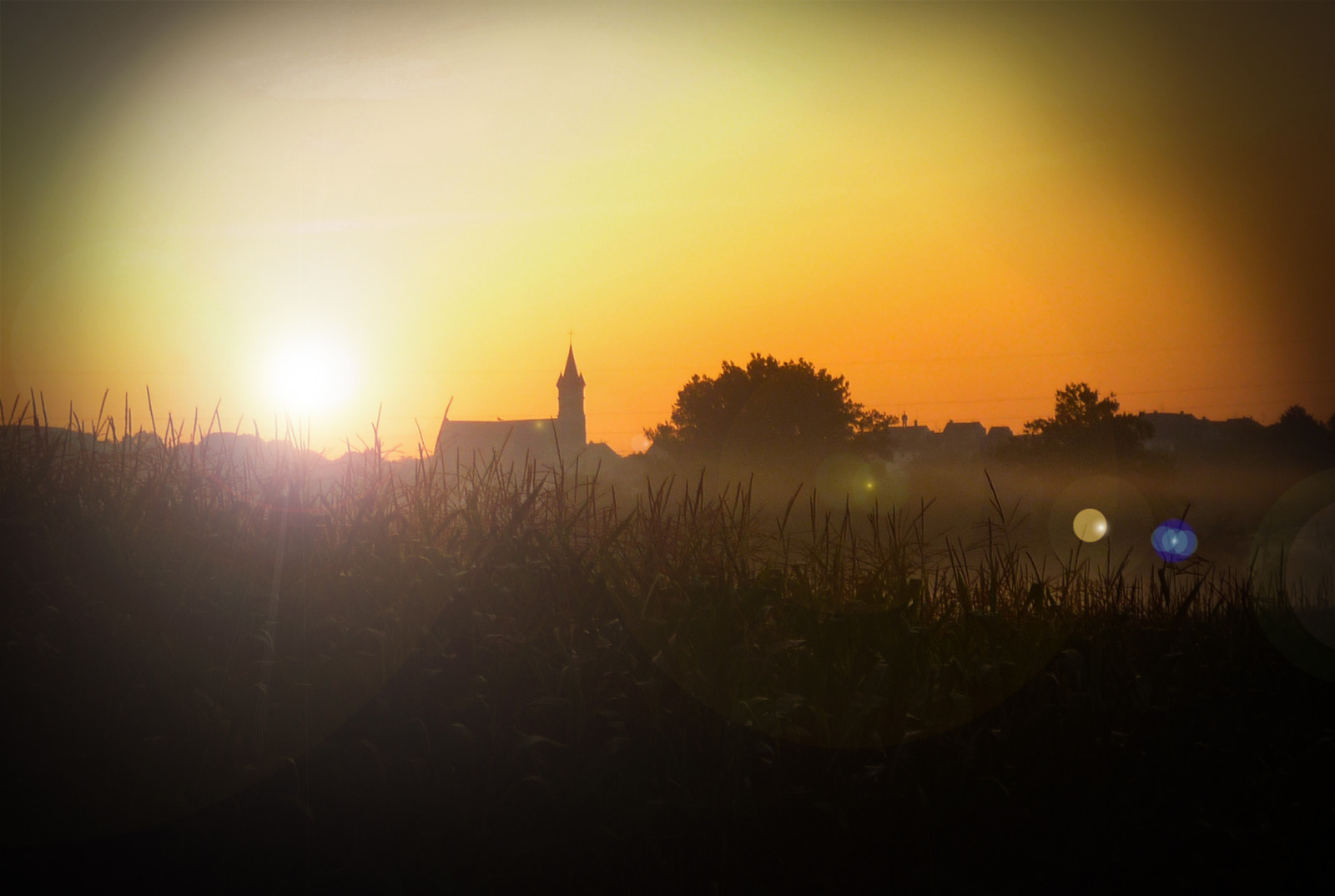
8 reasons why Halloween is not a success in France
Halloween is not a success in France for several reasons:
Lack of Ancient Tradition
Unlike other countries, such as the United States or Ireland, the tradition of Halloween has no historical roots in France. It is relatively recent and needs deeper cultural roots in other parts of the world.
Competition from All Saints’ Day
In France, All Saints’ Day is a religious festival and a widely observed public holiday, celebrated on 1 November. This creates strong competition with Halloween, celebrated the day before, on 31 October. Toussaint is a day dedicated to the memory of the dead, and many people prefer to devote themselves to this religious celebration.
Attachment to All Saints’ Day
The tradition of All Saints’ Day, with its religious links and the practice of visiting cemeteries, is deeply rooted in France. Families often prefer to honour their deceased traditionally rather than celebrate Halloween.
Commercial fears
Some people in France see Halloween as an imported commercial festival focused on selling products such as costumes and sweets. This can lead to reservations about its authenticity.
Association with foreign practices
Halloween is often perceived as a foreign celebration, mainly American. Some people prefer to emphasise French traditions rather than adopt foreign customs.
Preference for other holidays
France has a rich festive calendar, with many traditional celebrations, such as the Fête de la Musique, Bastille Day, and other local festivals that are more popular and established than Halloween.
Limited Regional Influence
While Halloween’s popularity has increased in recent years, it remains more limited outside the major cities and is less prevalent in rural areas and more traditional regions of France.
Reservations about the supernatural
Some people in France may have reservations about Halloween’s supernatural and spooky aspects, which are more evident in other countries. France has a long history of rationalism and secularism.
In short, although Halloween is gaining in popularity in France, it is less successful than in other countries due to these factors, including attachment to older traditions and competition with All Saints’ Day.
10 major differences between Toussaint and Halloween in France
Origin and meaning
- Toussaint (All Saints’ Day) has religious origins and is a Catholic festival dedicated to commemorating all the saints recognised by the Catholic Church.
- Halloween has Celtic pagan roots and marks the end of the summer season, emphasising the belief that the boundary between the world of the living and the dead is becoming thinner.
Date of Celebration
- All Saints’ Day is celebrated on 1 November.
- Halloween is celebrated on 31 October.
Nature of the celebration
- All Saints’ Day is mainly a day of prayer, meditation and visits to cemeteries to honour the dead.
- Halloween is marked by night-time festivities, fancy dress, sweets and trick-or-treating.
Religious practices
- All Saints’ Day is associated with religious practices, including special masses celebrated in churches.
- Halloween is less religious and more of a secular festival.
Decoration and symbolism
- All Saints’ Day is symbolised by chrysanthemums traditionally offered and placed on graves.
- Halloween is characterised by symbols such as carved pumpkins, monsters, witches and ghosts.
Traditional activities
- All Saints’ Day is a time for visiting the graves of loved ones, lighting candles and honouring the memory of the deceased.
- Halloween is associated with children dressing up as scary creatures and going trick-or-treating.
Atmosphere
- All Saints’ Day creates an atmosphere of calm, reflection and respect for the dead.
- Halloween has a more festive, joyful and often frightening atmosphere.
Beliefs and the Supernatural
- All Saints’ Day is mainly centred on religious beliefs and the veneration of saints.
- Halloween is steeped in supernatural beliefs linked to the world of spirits and monsters.
Cultural significance
- All Saints’ Day is an important festival in France, with many people visiting cemeteries to tend the graves of their loved ones.
- Halloween is less deeply rooted in French culture, although its popularity has recently increased.
Association with children
- All Saints’ Day is often associated with family and intergenerational practices, where families come together to pay tribute to the dead.
- Halloween is often seen as a children’s festival, emphasising activities for younger children.
These differences highlight the distinct religious, cultural and festive aspects of France’s All Saints’ Day and Halloween. Although some similarities exist, the two celebrations have different meanings and practices.
The best places to visit during All Saints’ Day in Paris!
Are you heading to Paris at the end of October? Here’s a selection of sites you might enjoy visiting:
Paris Cemeteries
You have the choice of many cemeteries! The most famous (and largest) is the Père Lachaise.
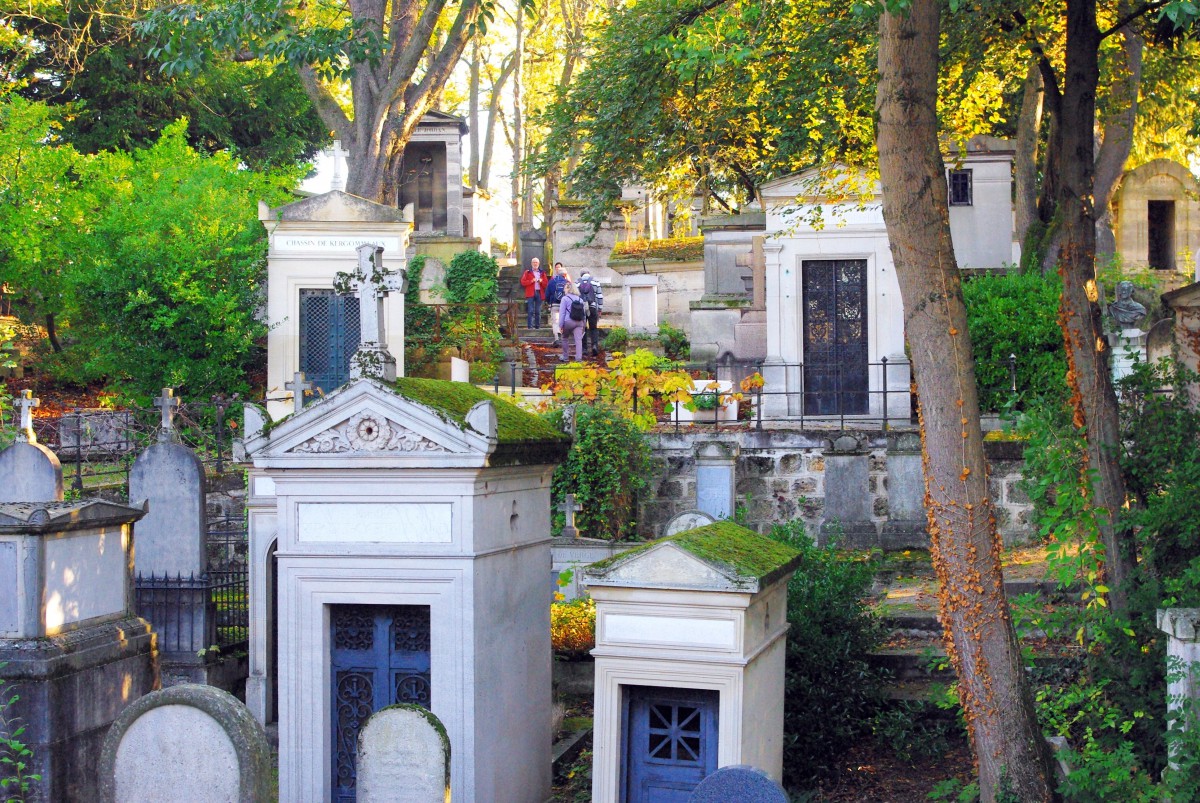
Click here to get your ticket for a guided tour of the Père Lachaise cemetery!
- The visit includes a 2-hour tour of the Père Lachaise Cemetery with an expert, English-speaking guide.
- You’ll see the graves of Balzac, Chopin, Delacroix, Molière, Jim Morrison, Gertrude Stein, Oscar Wilde, Proust, and more…
Other cemeteries are worth a visit, too:
- Montparnasse,
- Montmartre and
- Passy.
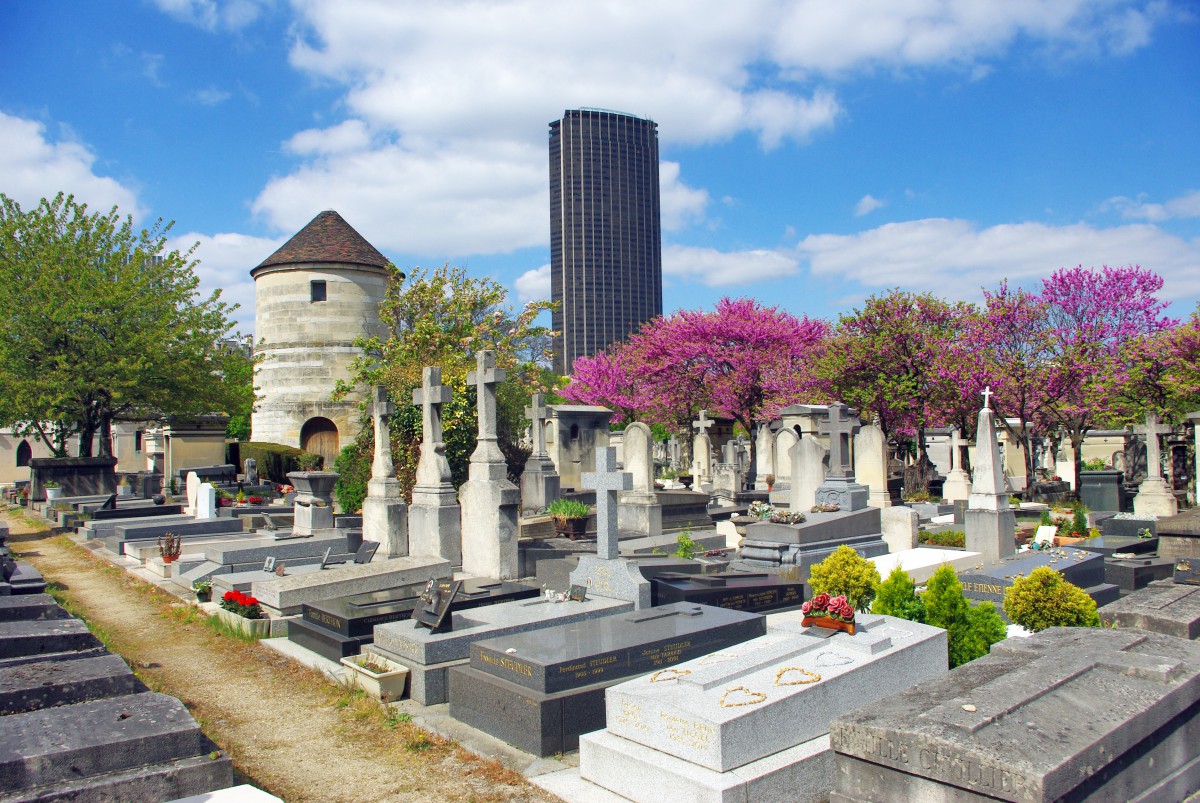
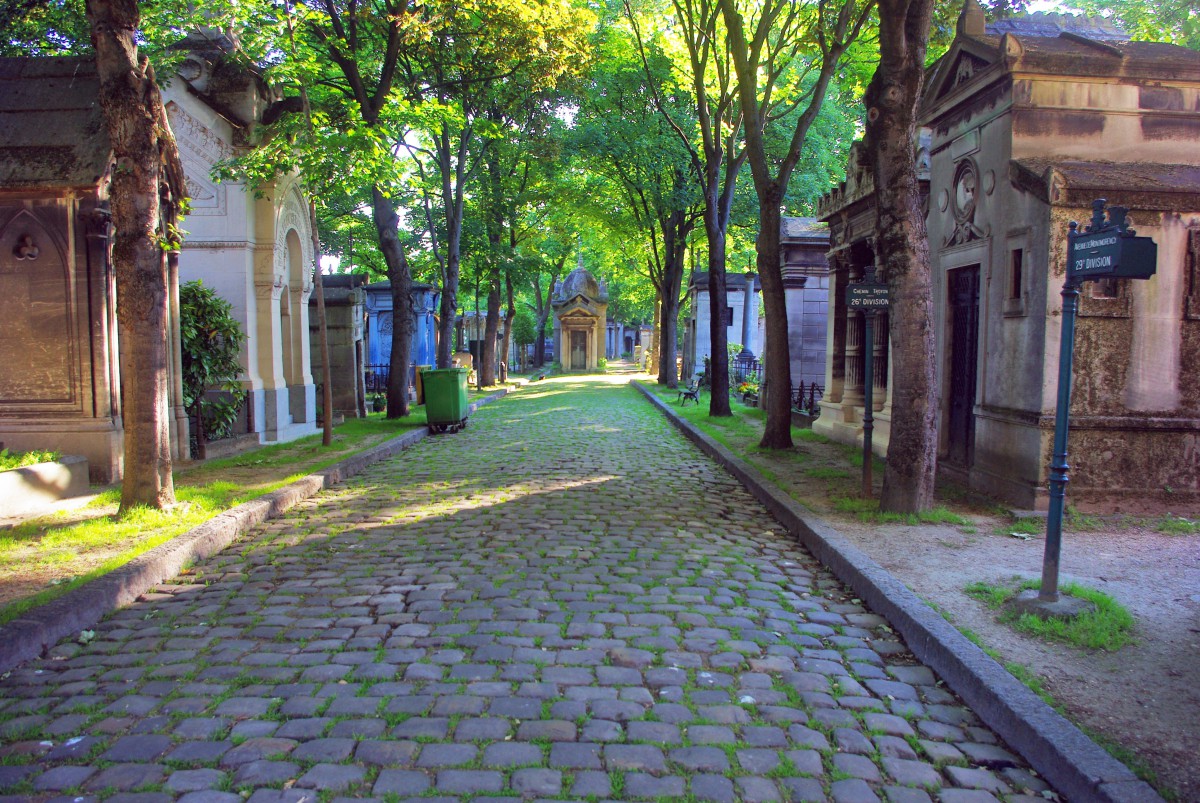
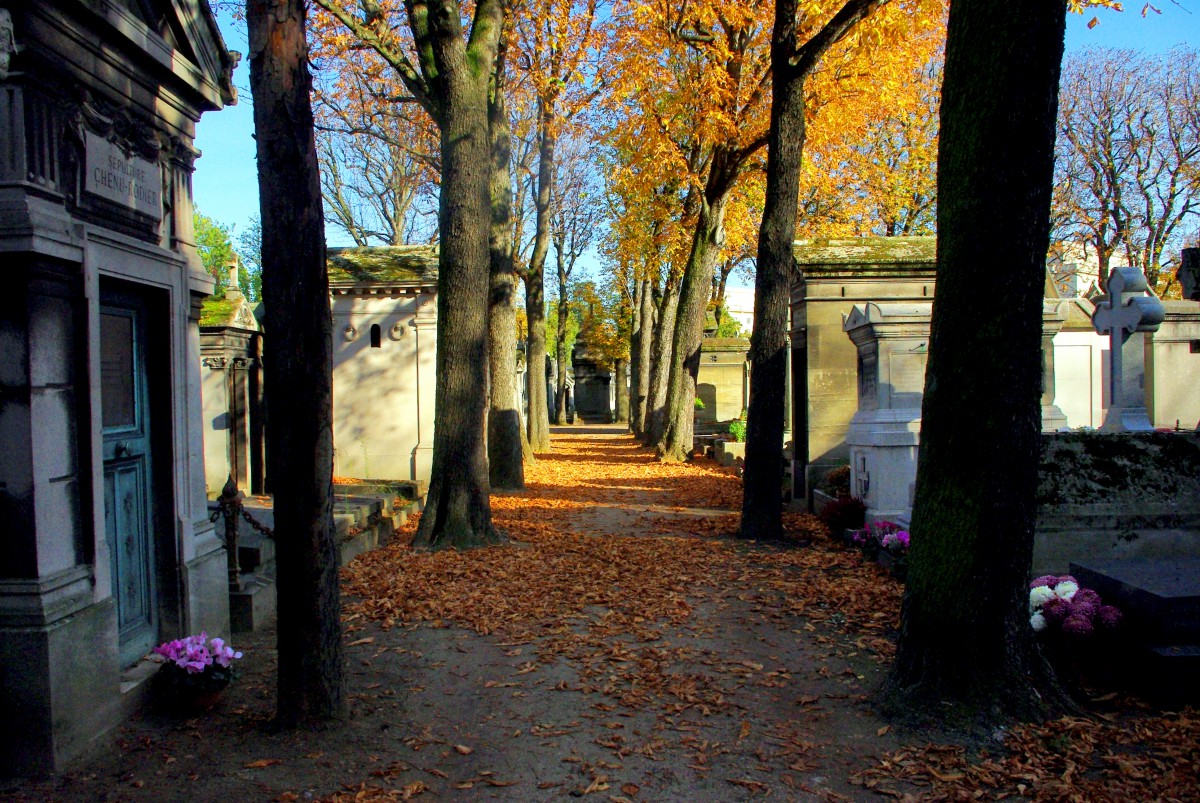
The Catacombs
To get into the gory atmosphere of Halloween, this place is the most unsettling one in Paris. It is not a fake tourist attraction – the bones and skulls are real. Find out more!
Click here to get your ticket for the Catacombs of Paris!
The eTicket features:
- Skip The Line
- Smartphone tickets accepted
- Instant ticket delivery
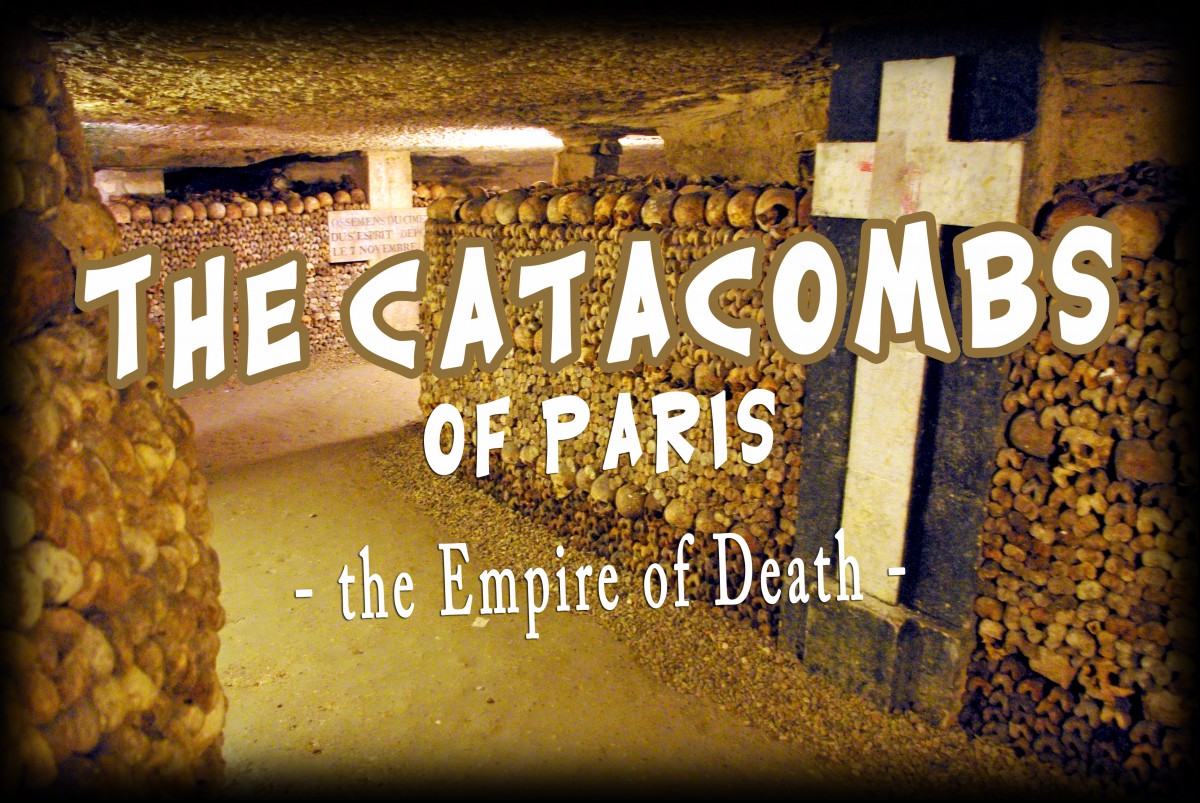
Read more about All Saints’ Day in France and Halloween
- Read more about Toussaint and French cemeteries.
- Find out more about Autumn in France.
- On the French blog, read about 5 legends for Halloween in Alsace.
Did you find what you read interesting? If so, please do share this article on Facebook or Twitter!
Pin it for later:
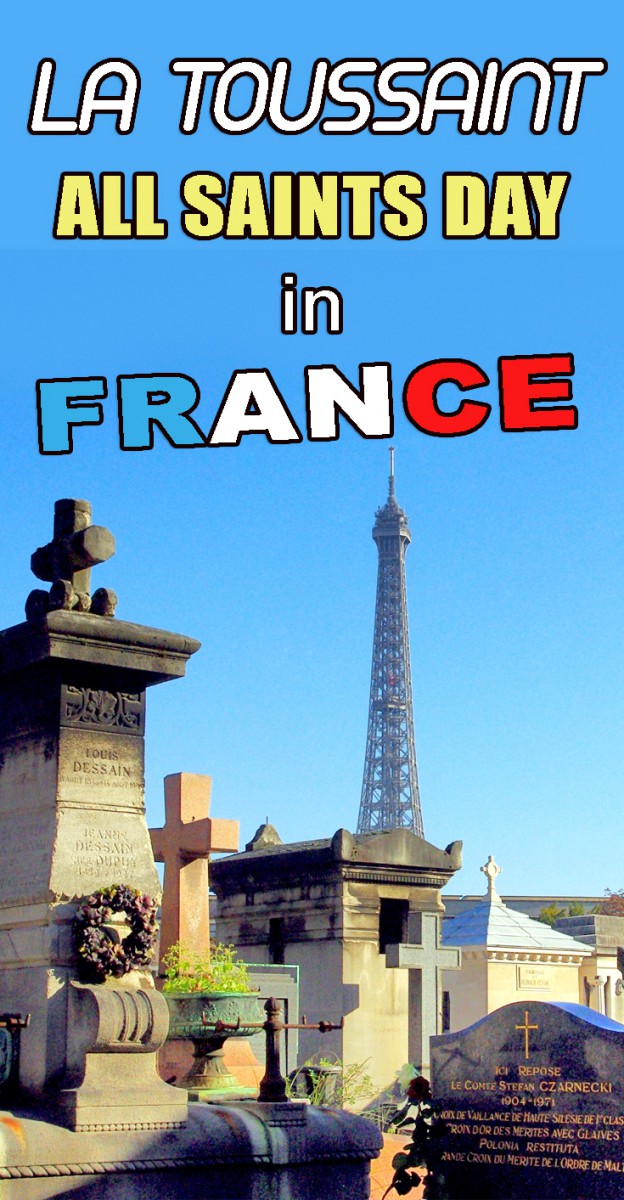
Other photos of All Saints’ Day in France
Whether in spring or autumn, some cemeteries are places of discovery and even of strolling.
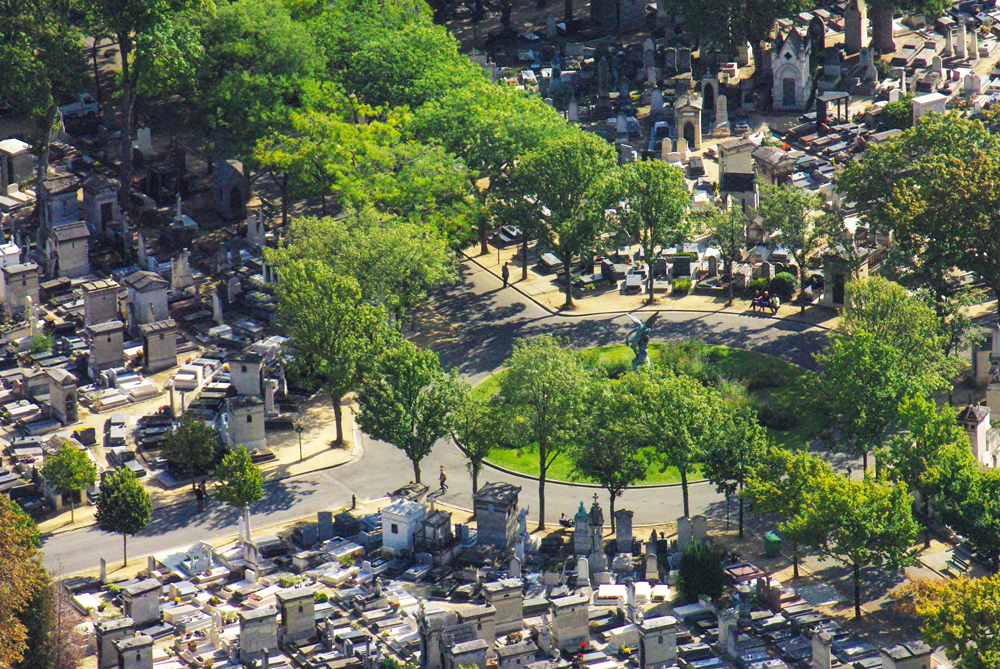

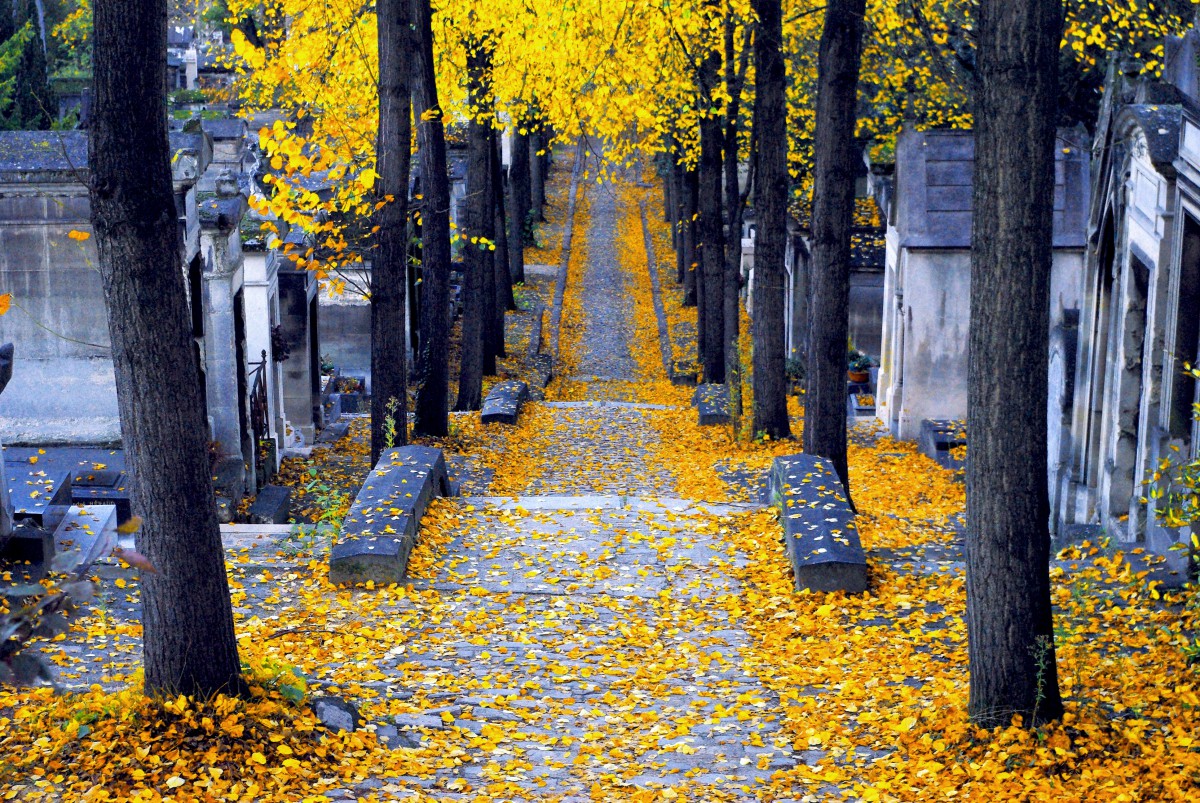
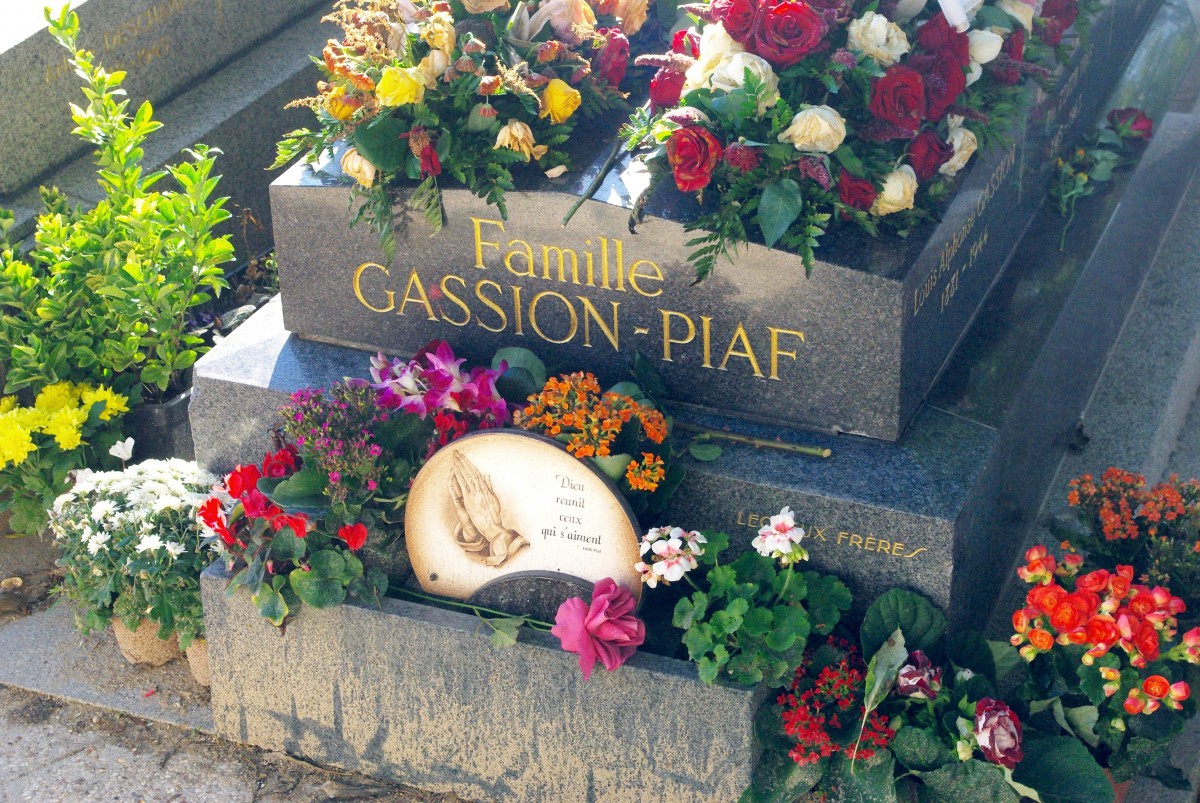
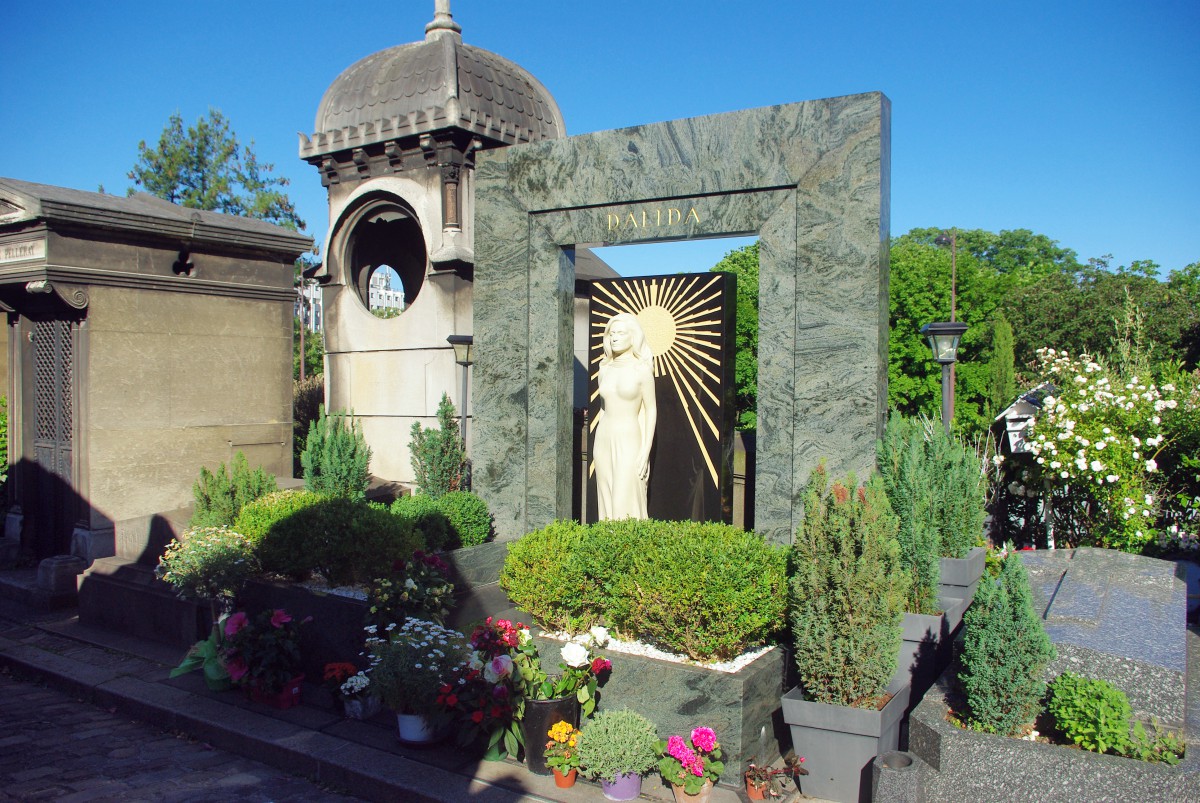
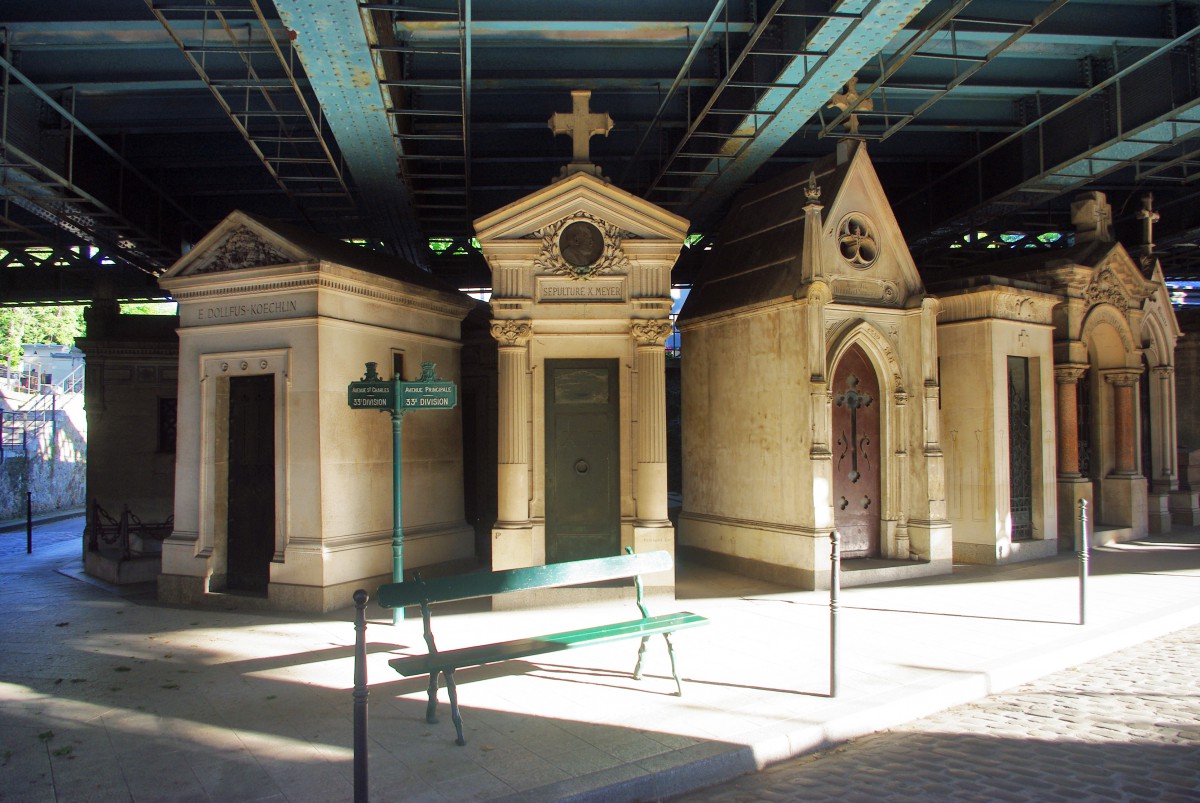



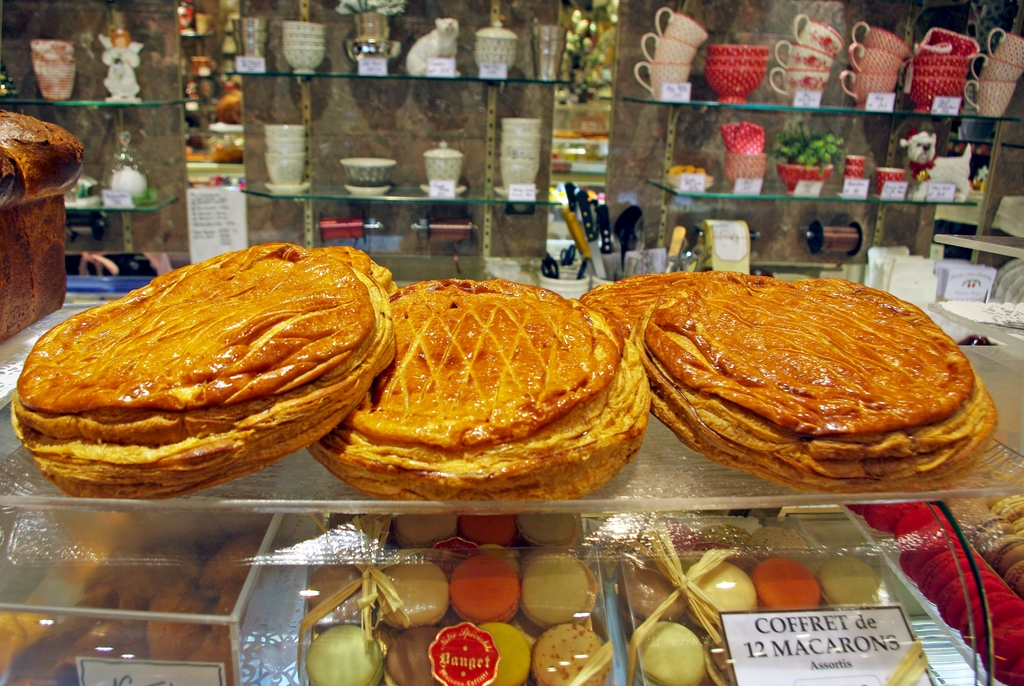







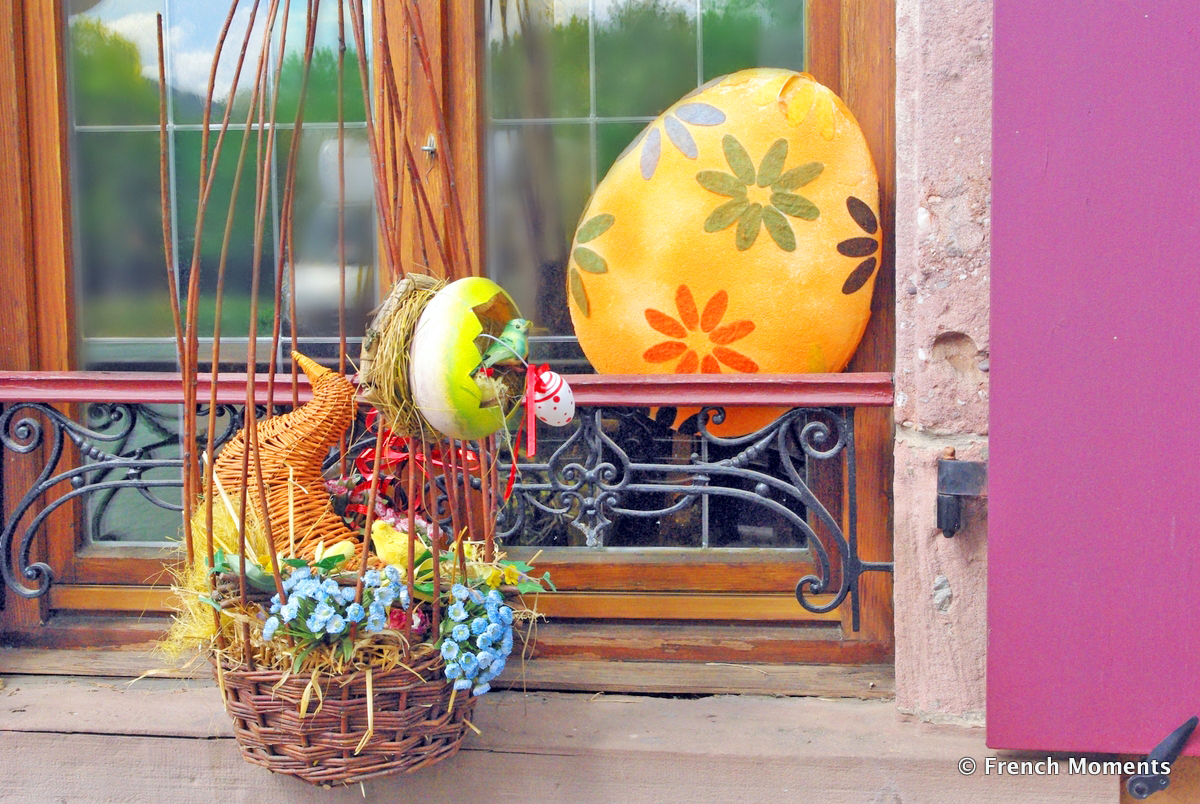
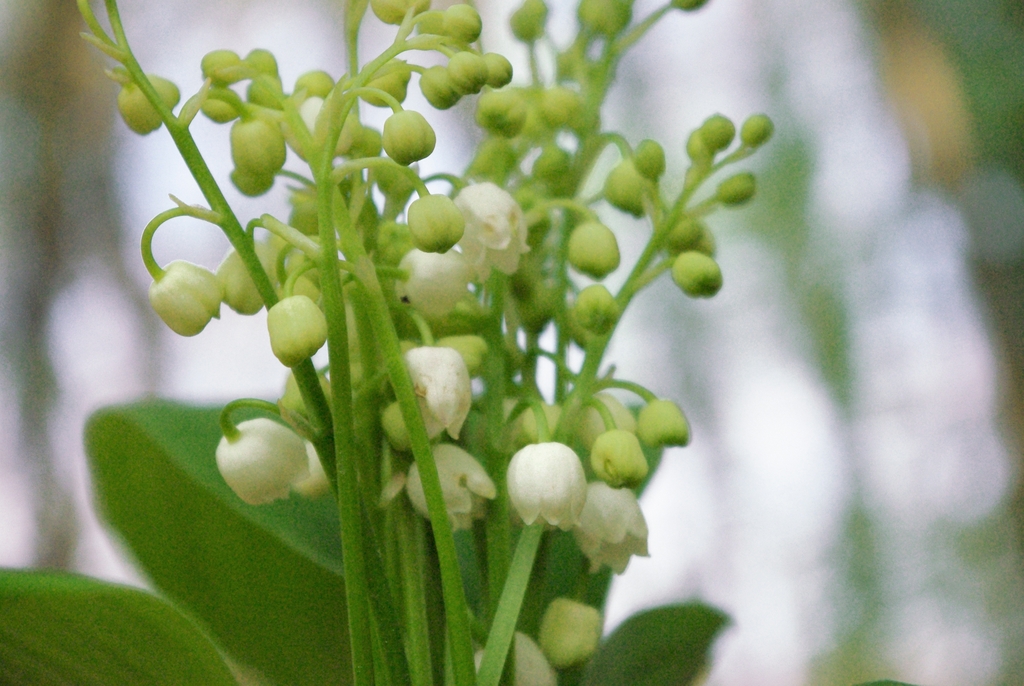


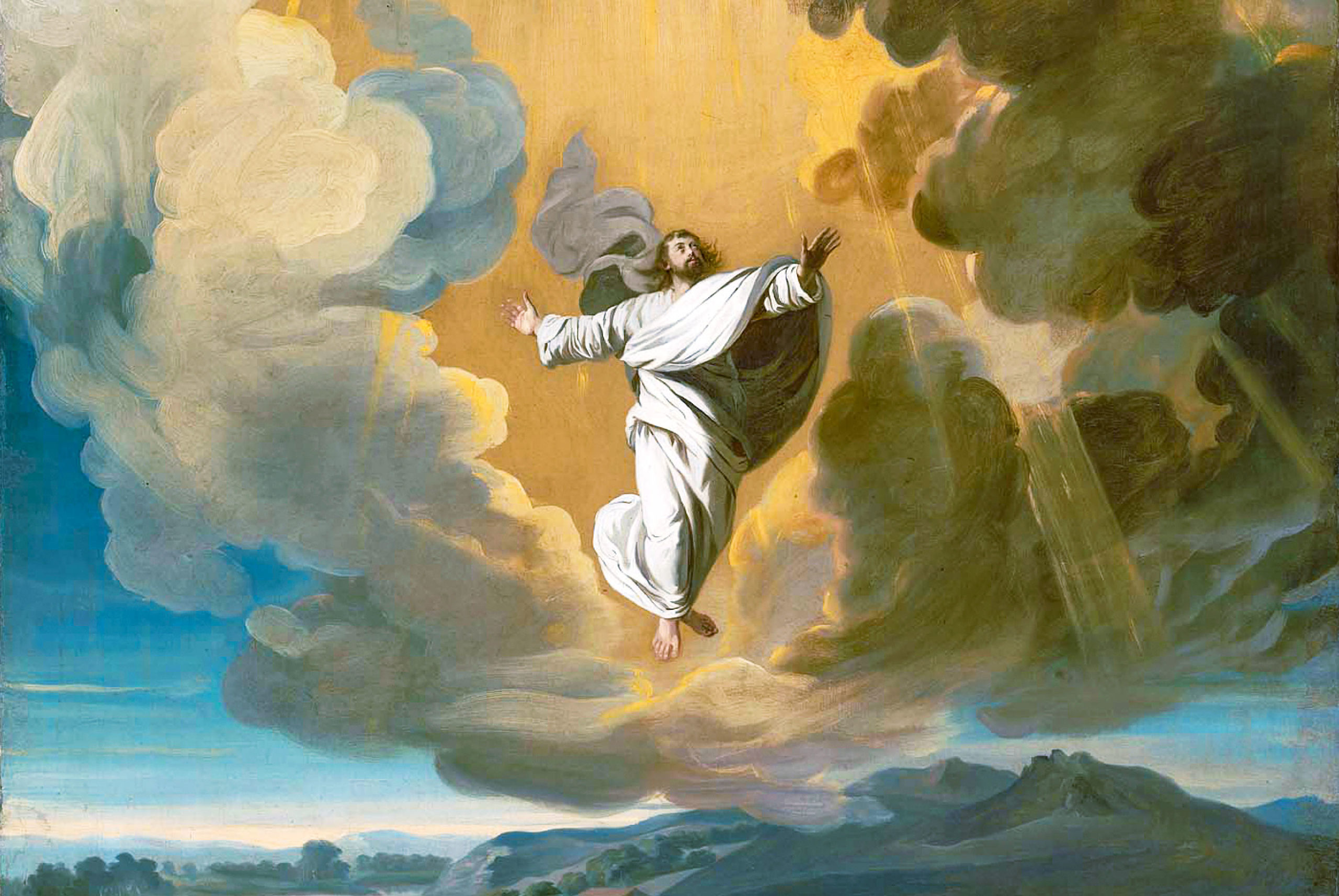
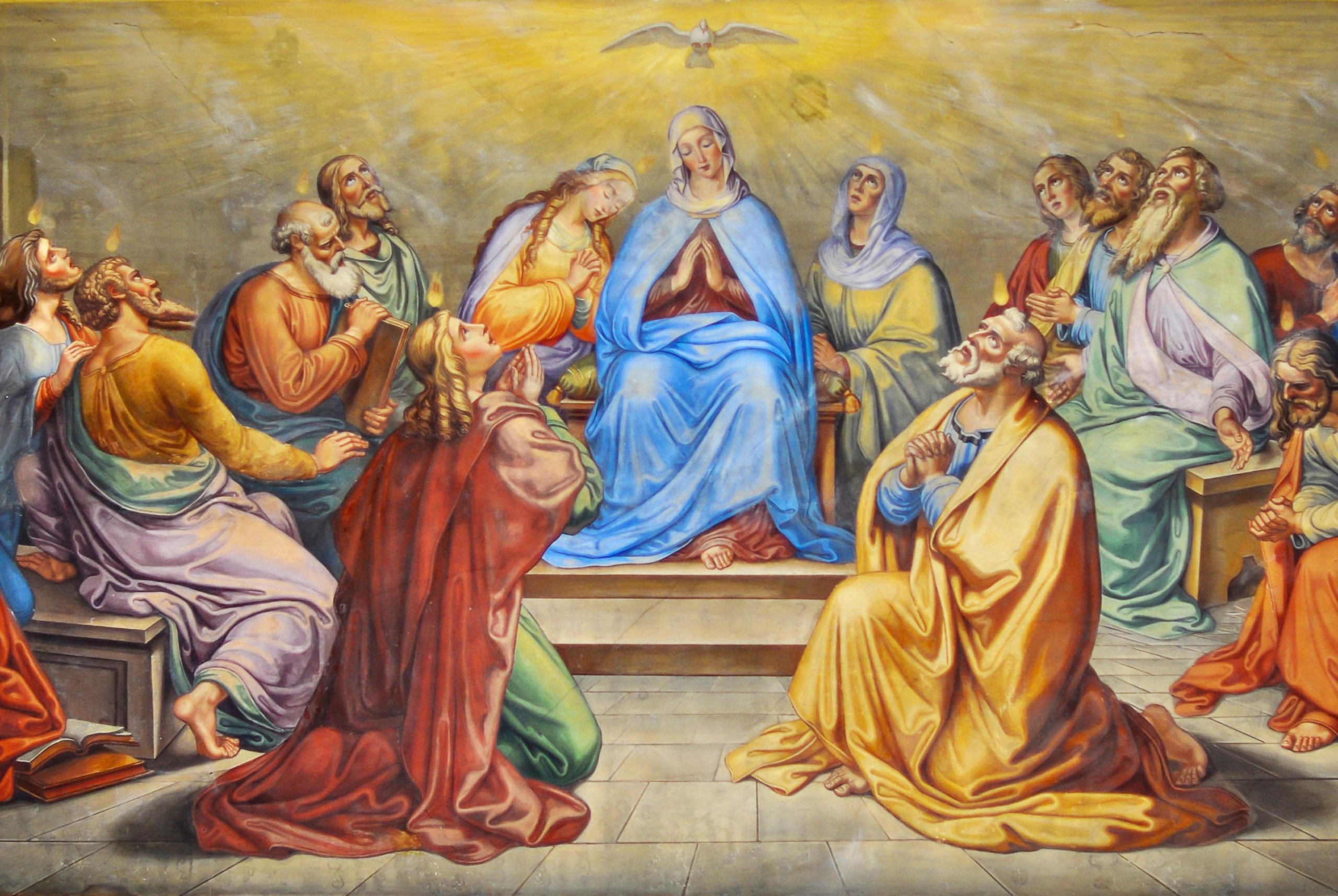
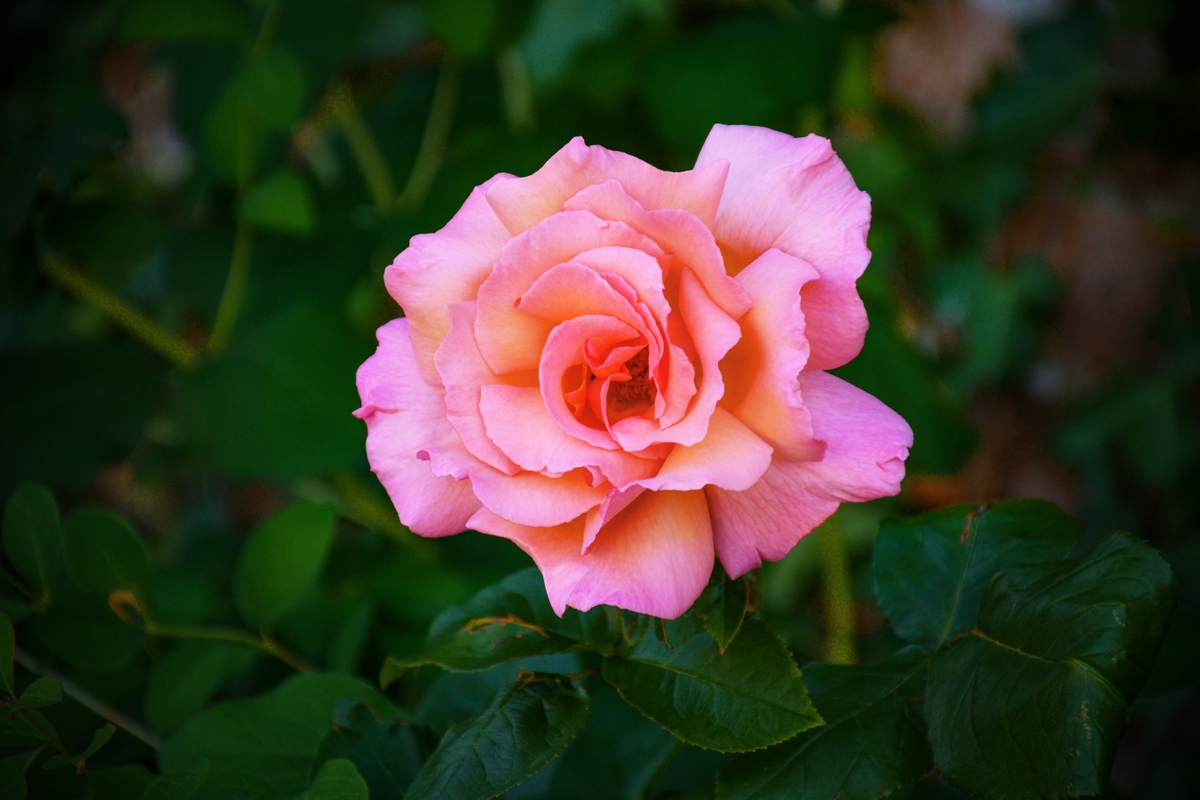

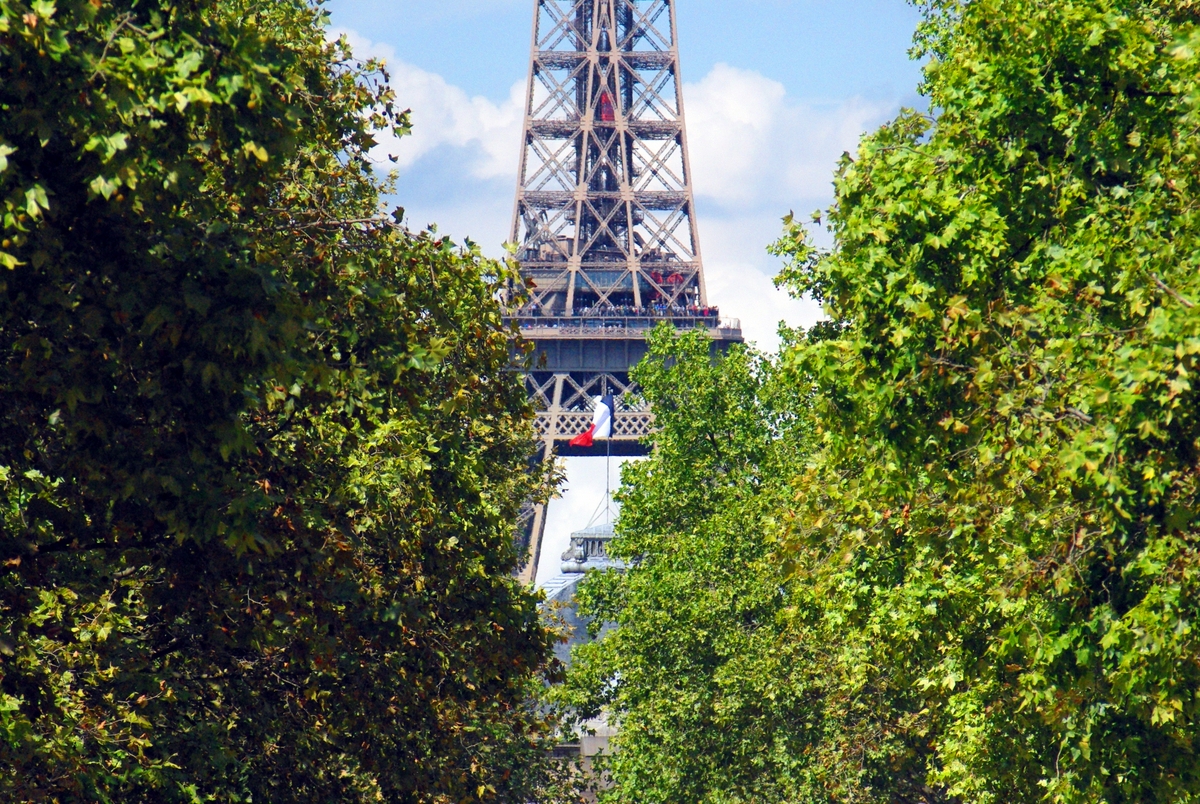
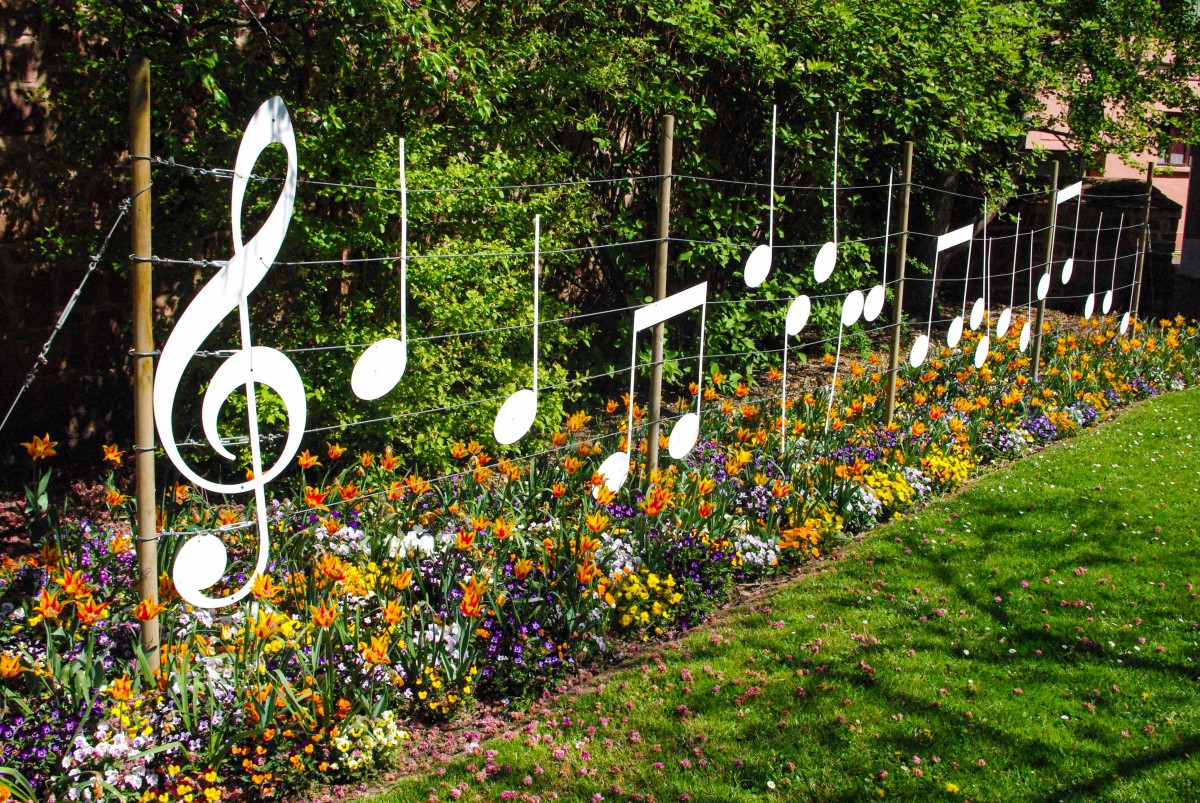

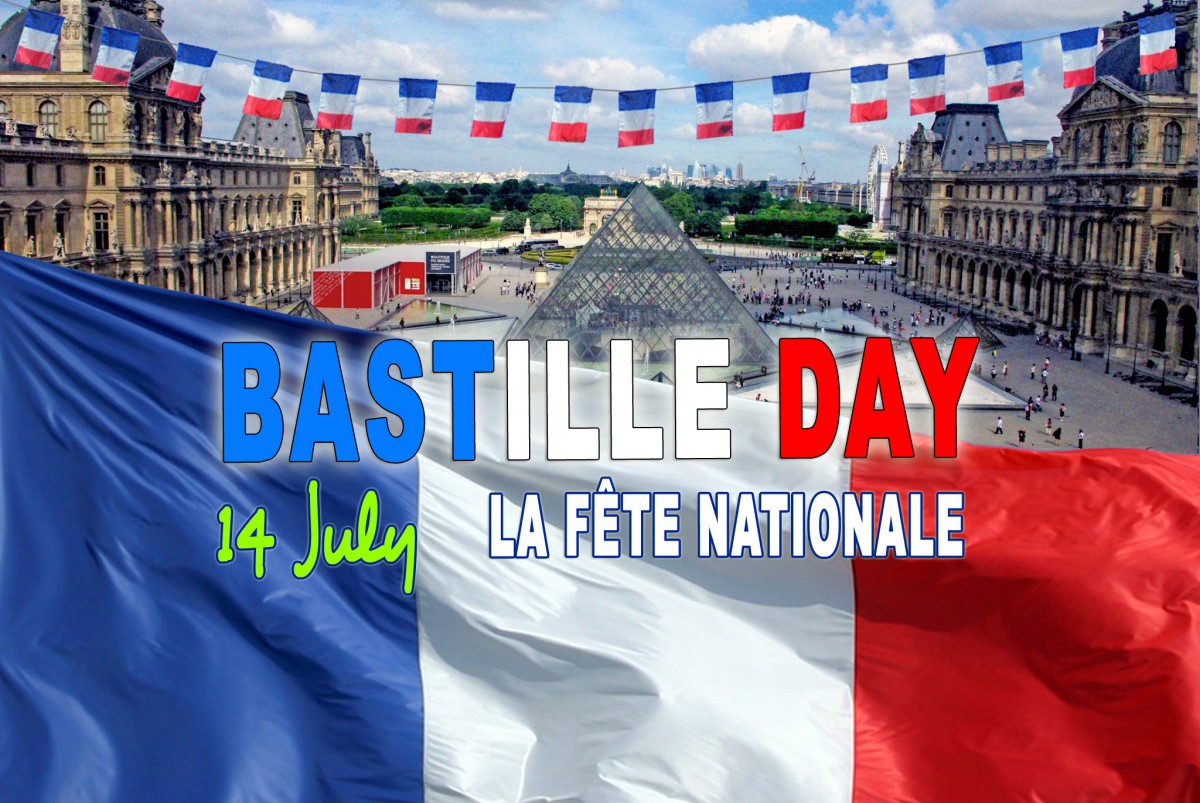
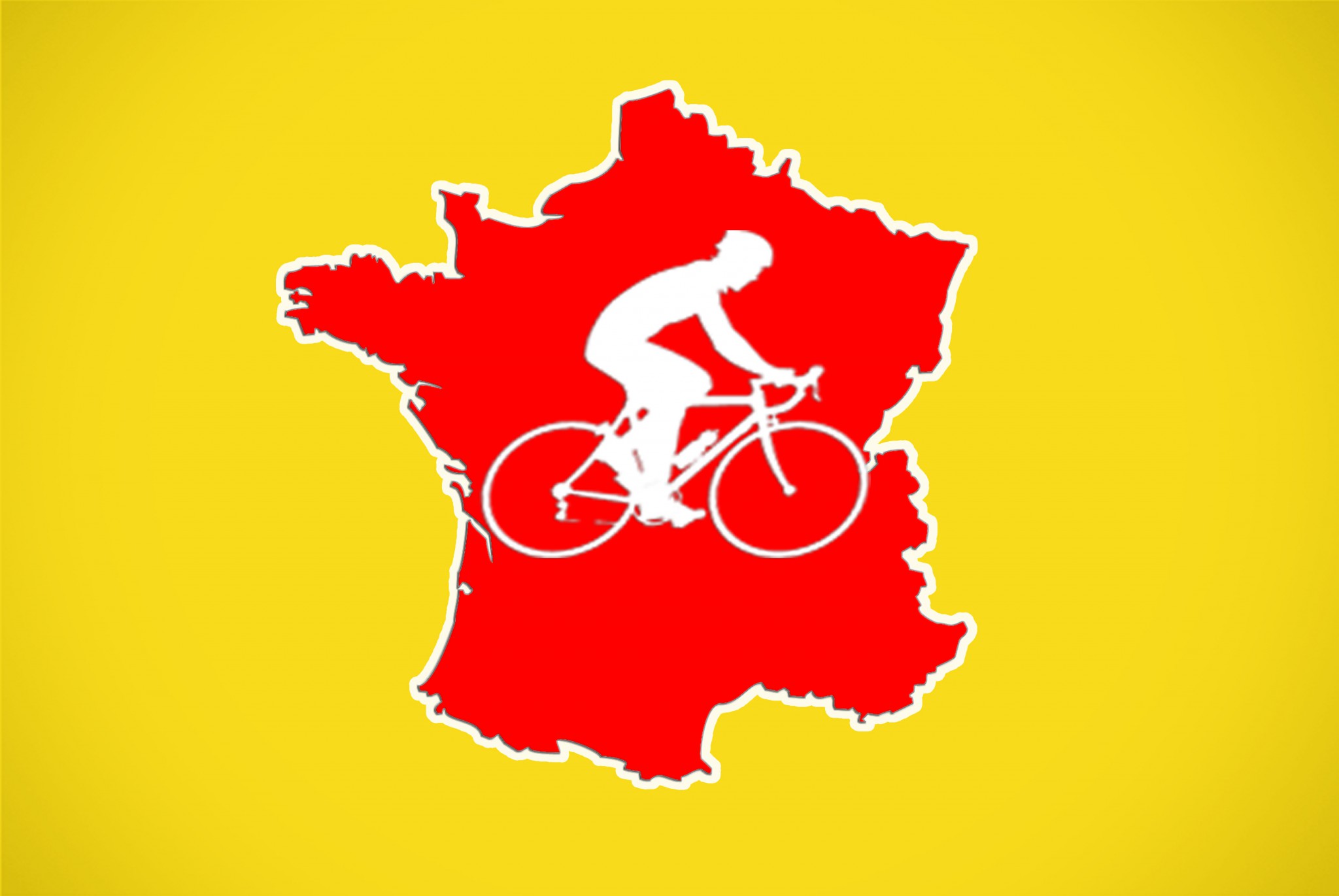
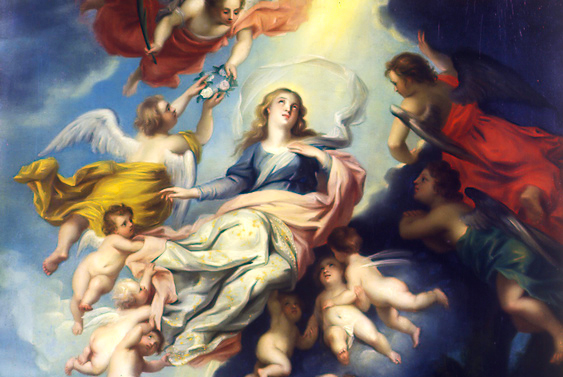

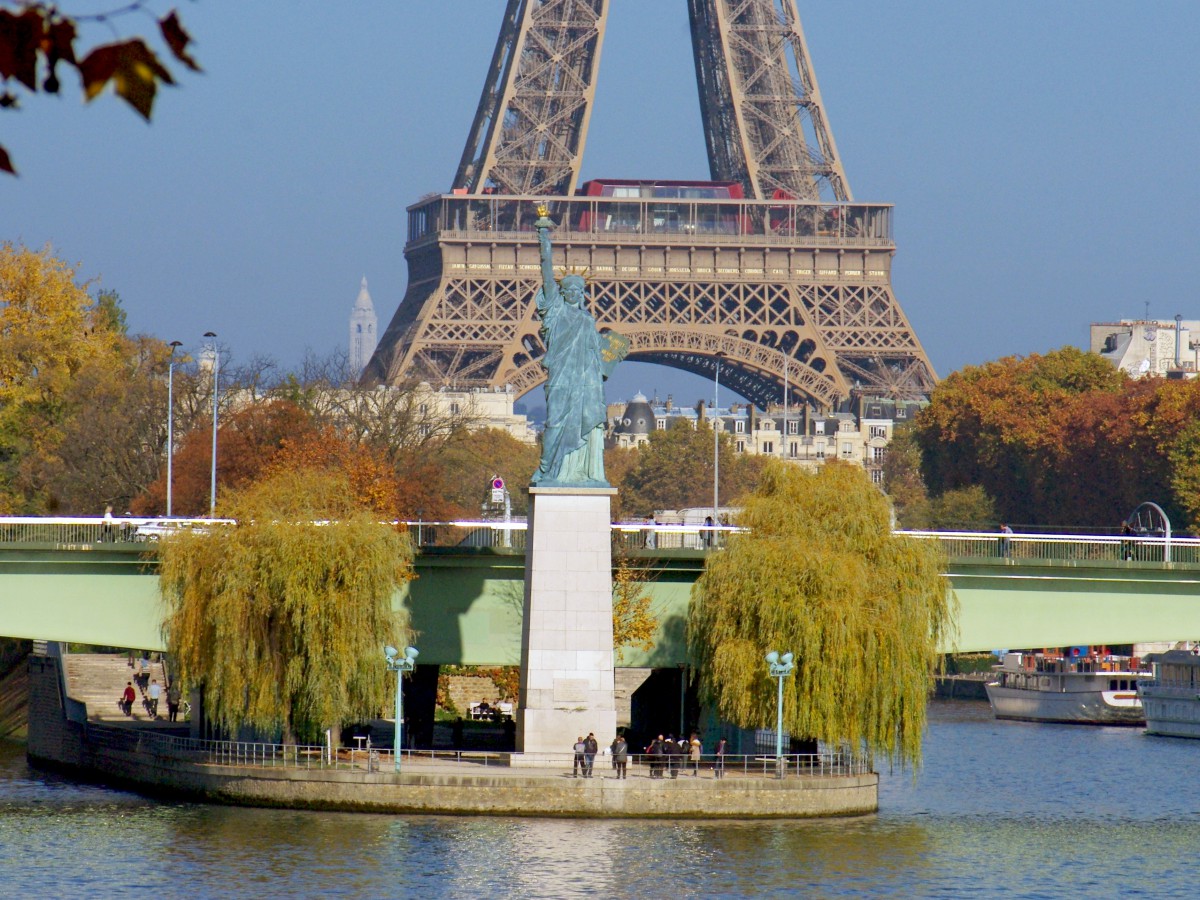
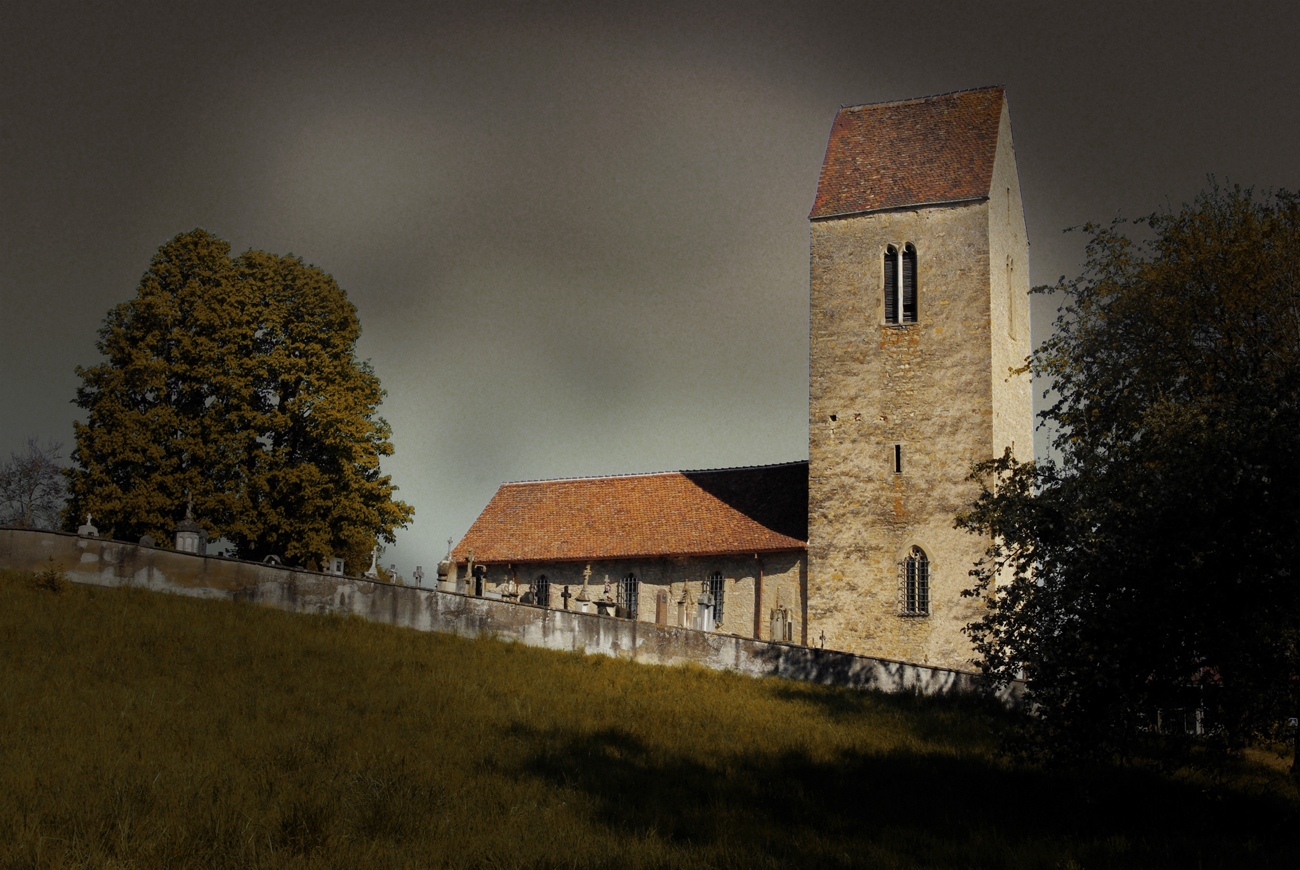
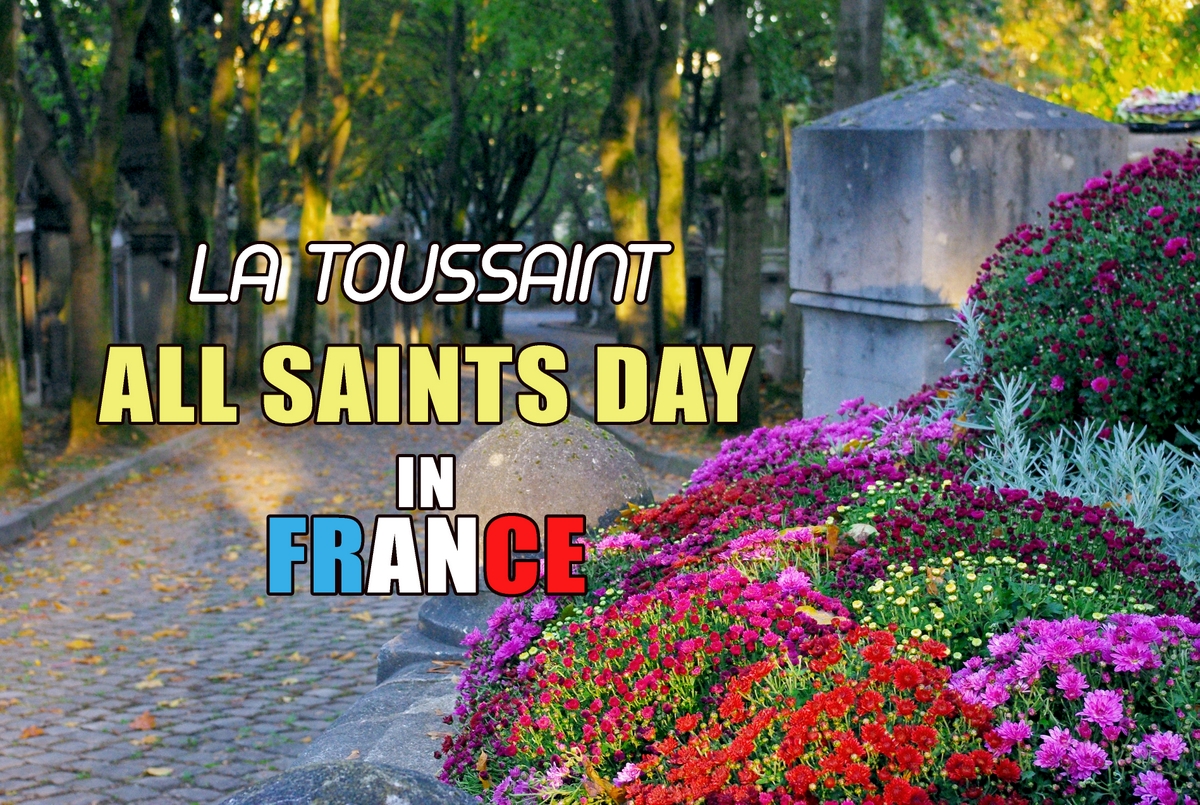
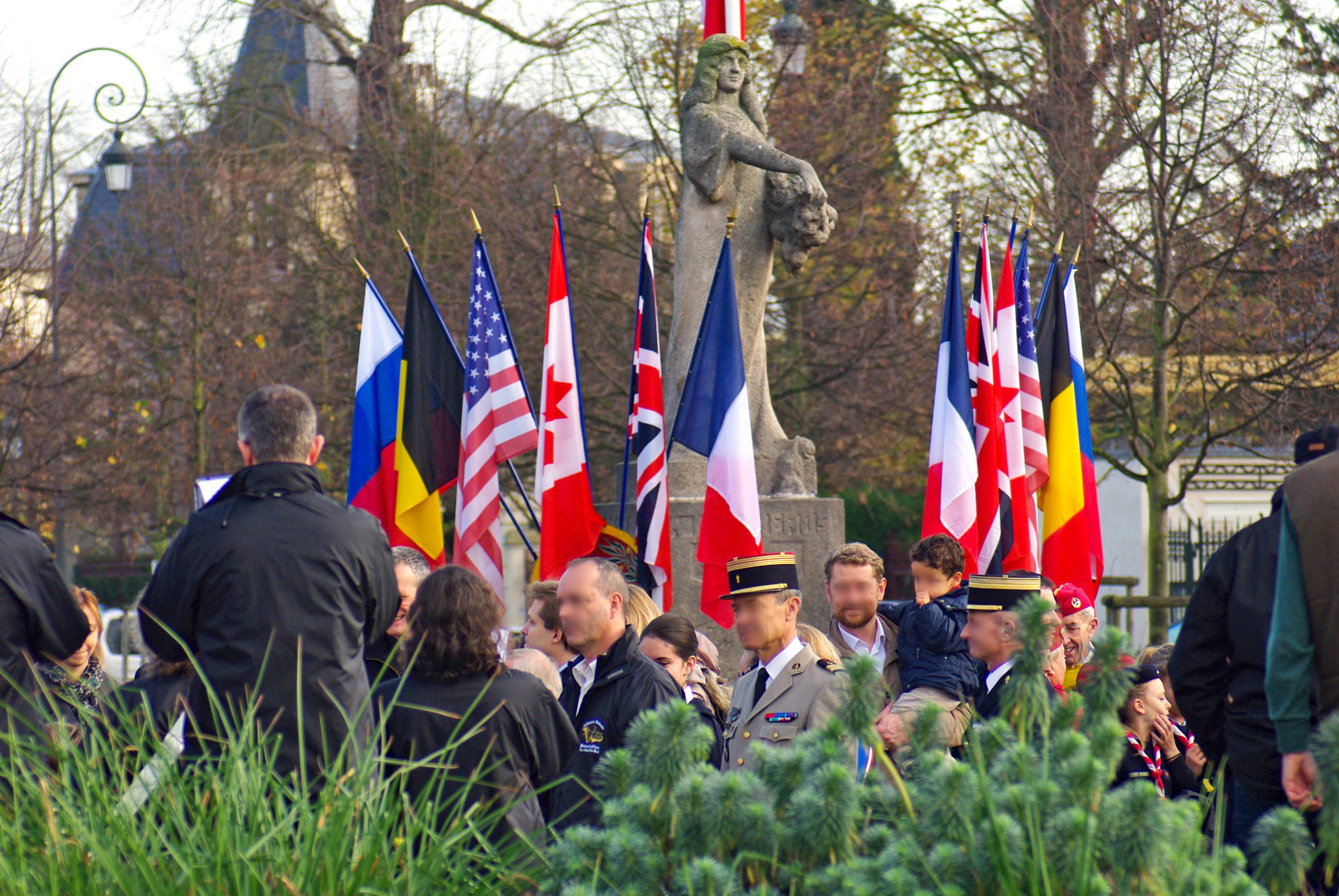

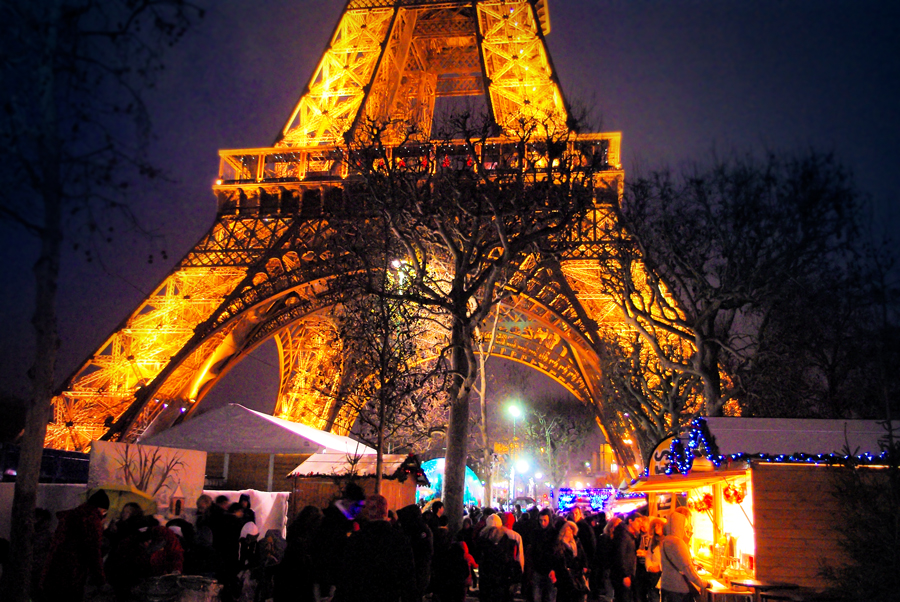


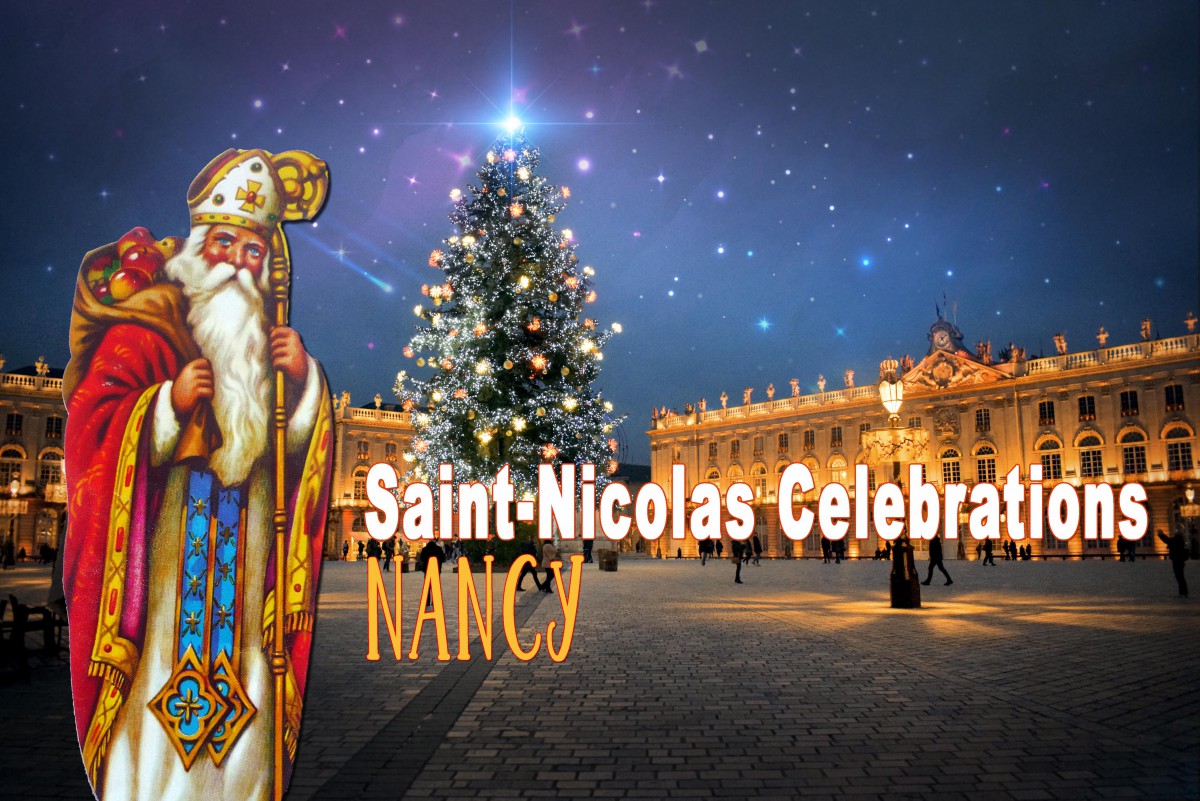
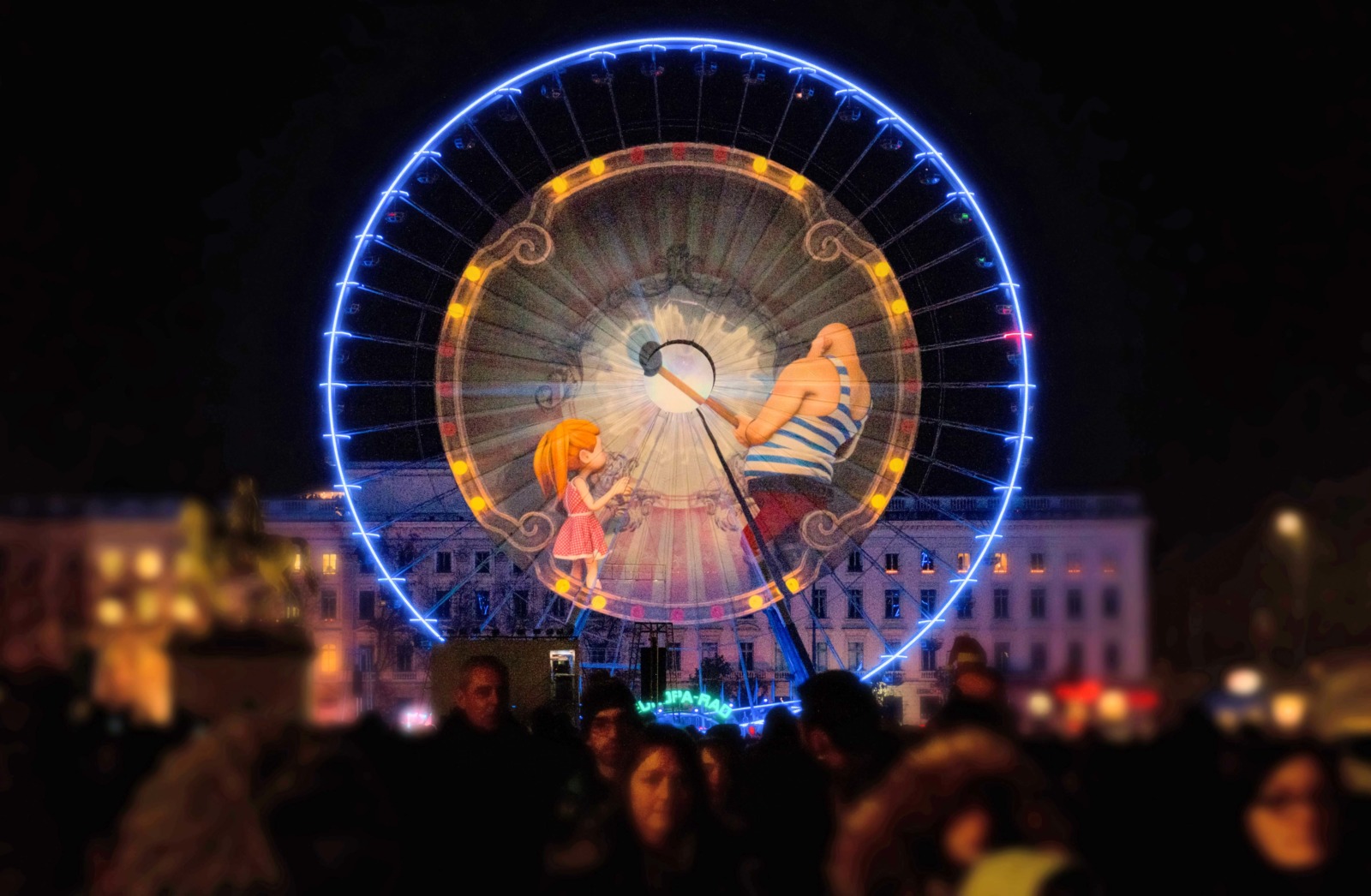
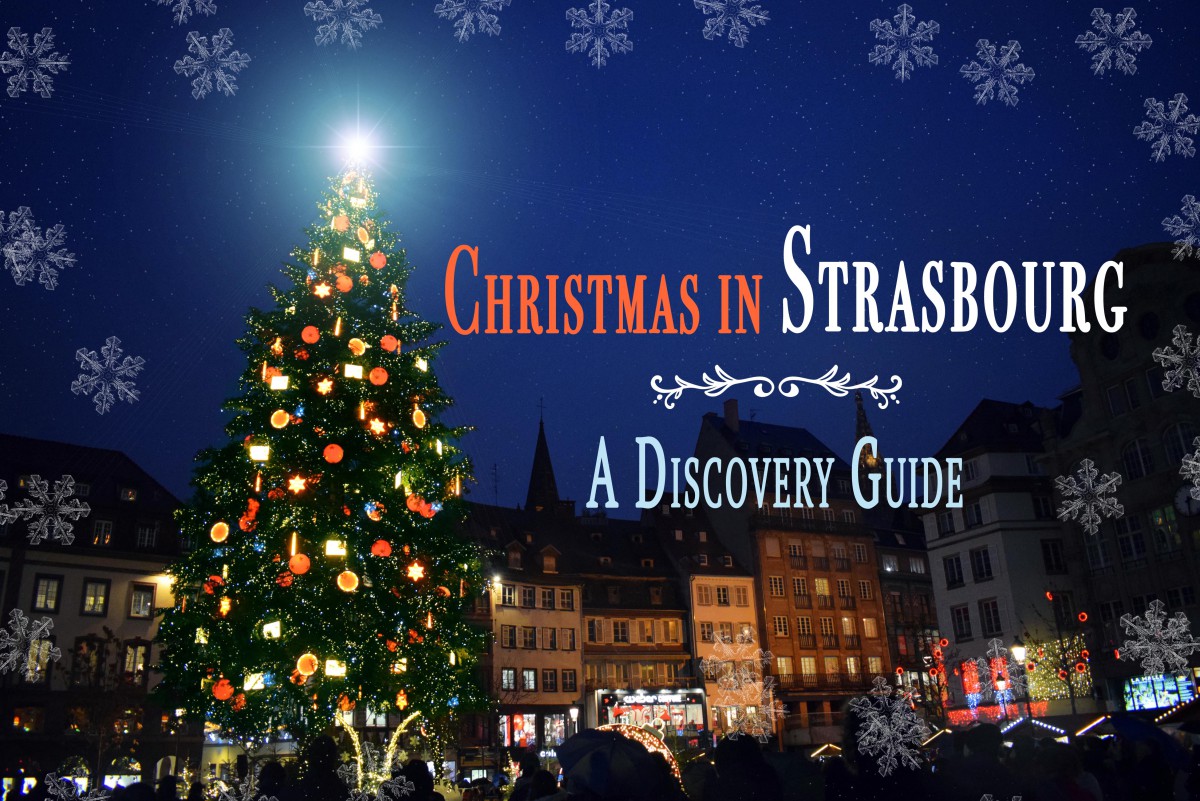
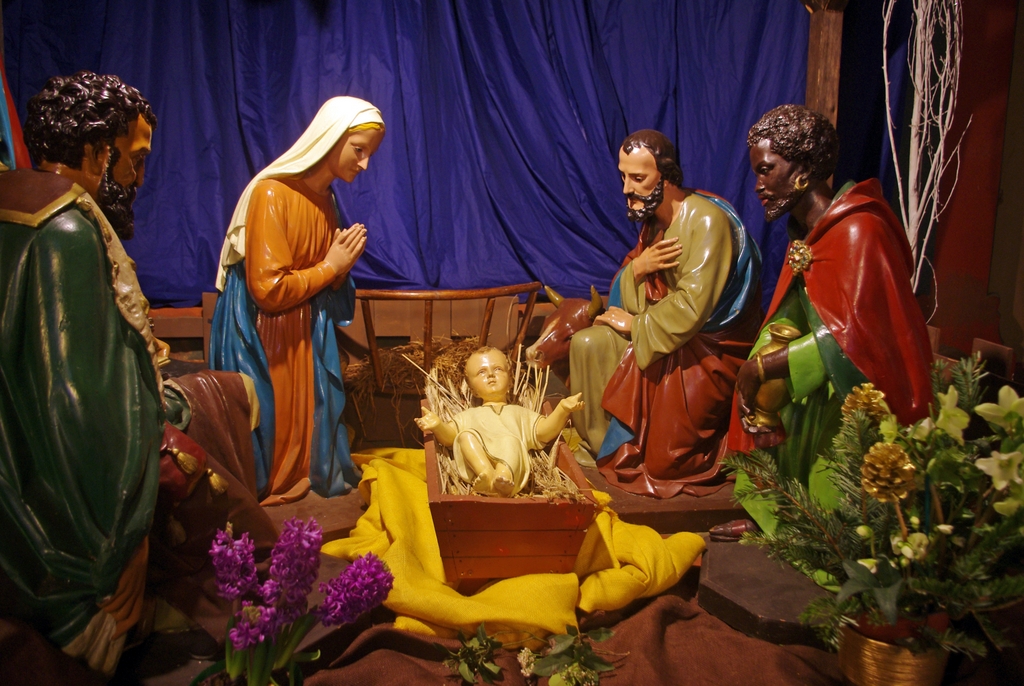


Thank You Pierre Merci…………………I have just returned from Evreux
Wonderful!!!!
Thank you Louis ! 🙂
Merci pour l’information ! Je vais la partager avec mes etudiants en francais 2 et 4 pour feter en classe. Les etudiants vont apporter des photos des gens qui sont decedes et je vais leur expliquer l’histoire et ce que les francais font aujourd’hui pour se souvenir de leurs proches.
Bonjour Scott. Merci beaucoup pour le feedback. C’est un honneur de servir de ressource pour les écoles ! En vous souhaitant bonne continuation, à bientôt ! 🙂
Bonjour Pierre,
Thank you so much for your blog – I have enjoyed it very much and have used it for our three visits to Paris, two of them with my little grand-daughter. We have used many of your hints about places to go – and hired a phone for her from Insidr the most recent time in May this year. I look forward to lots more wonderful information.
Well thank you Kathy for your nice comment. I’m glad to hear this blog is helpful for you! Looking forward to bring you more of Paris and France in the future! 🙂
Dear Pierre,
We will be in the south of France in October this year and have just realised (through your blog) that we plan to travel from Toulouse to Paris on All Saints Day 1st November to meet our flight home to Australia on 2nd November. Do you think there will be any problem with travelling on this day? We will be staying the night of 1st near the station in Montparnasse. Is there likely to be anything special happening there on 1st or 2nd November – anything we could attend?
Bonjour Kathy ! Thank you for your comment. Yes they should be not problem regarding travelling on those dates. The only thing is that on a bank holiday train services will be scheduled at different times and may be less frequent. Just check out the timetable before and/or buy your tickets in advance and you’ll be fine!
There’s nothing in particular to attend in the Toussaint weekend – except for cemeteries (Père Lachaise, Montparnasse…) but I’m guessing they will be crowded! 🙂
Have a great time in France!
1848, not 1648 maybe?
Yes it is indeed! Thank you for pointing out the typo! 🙂